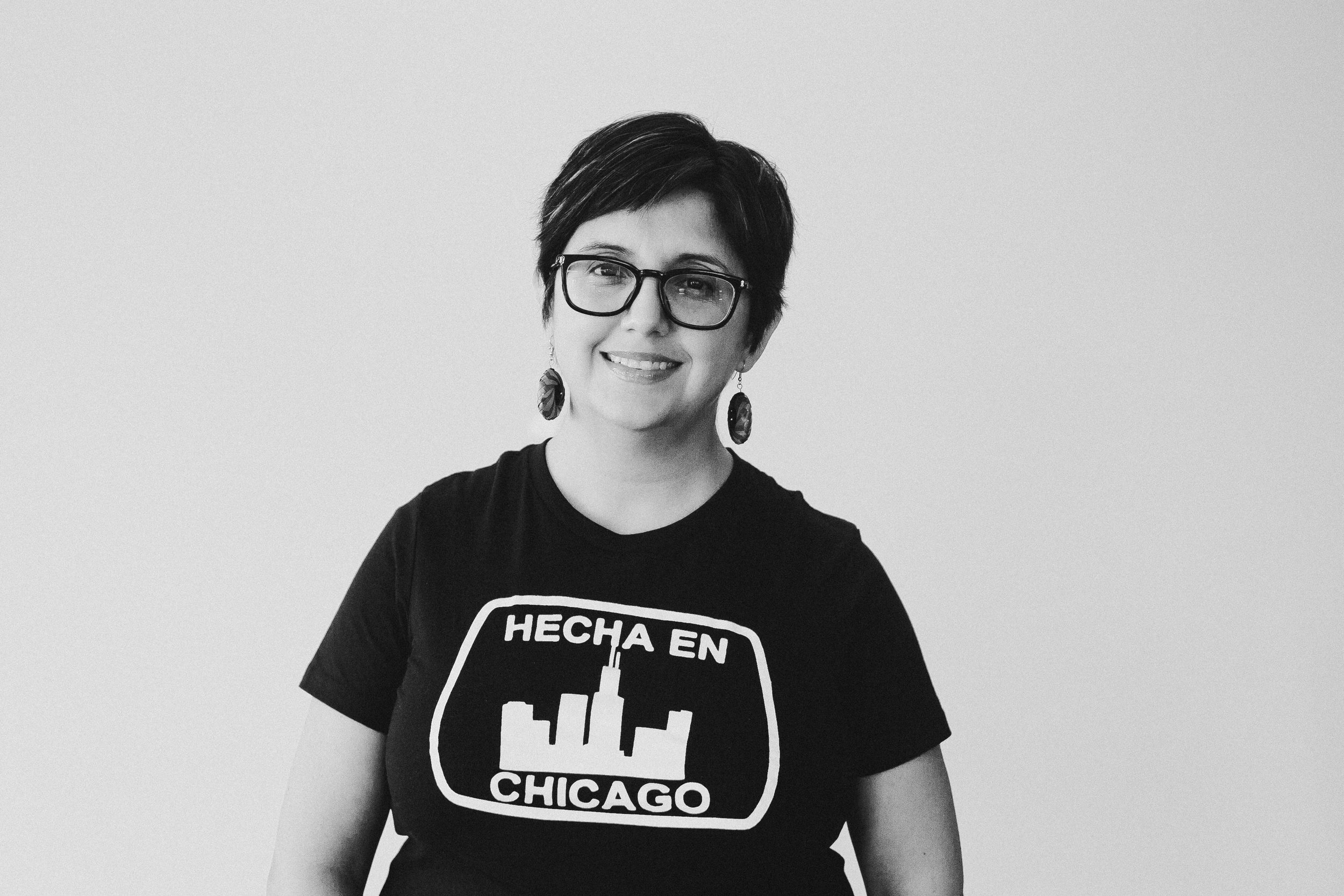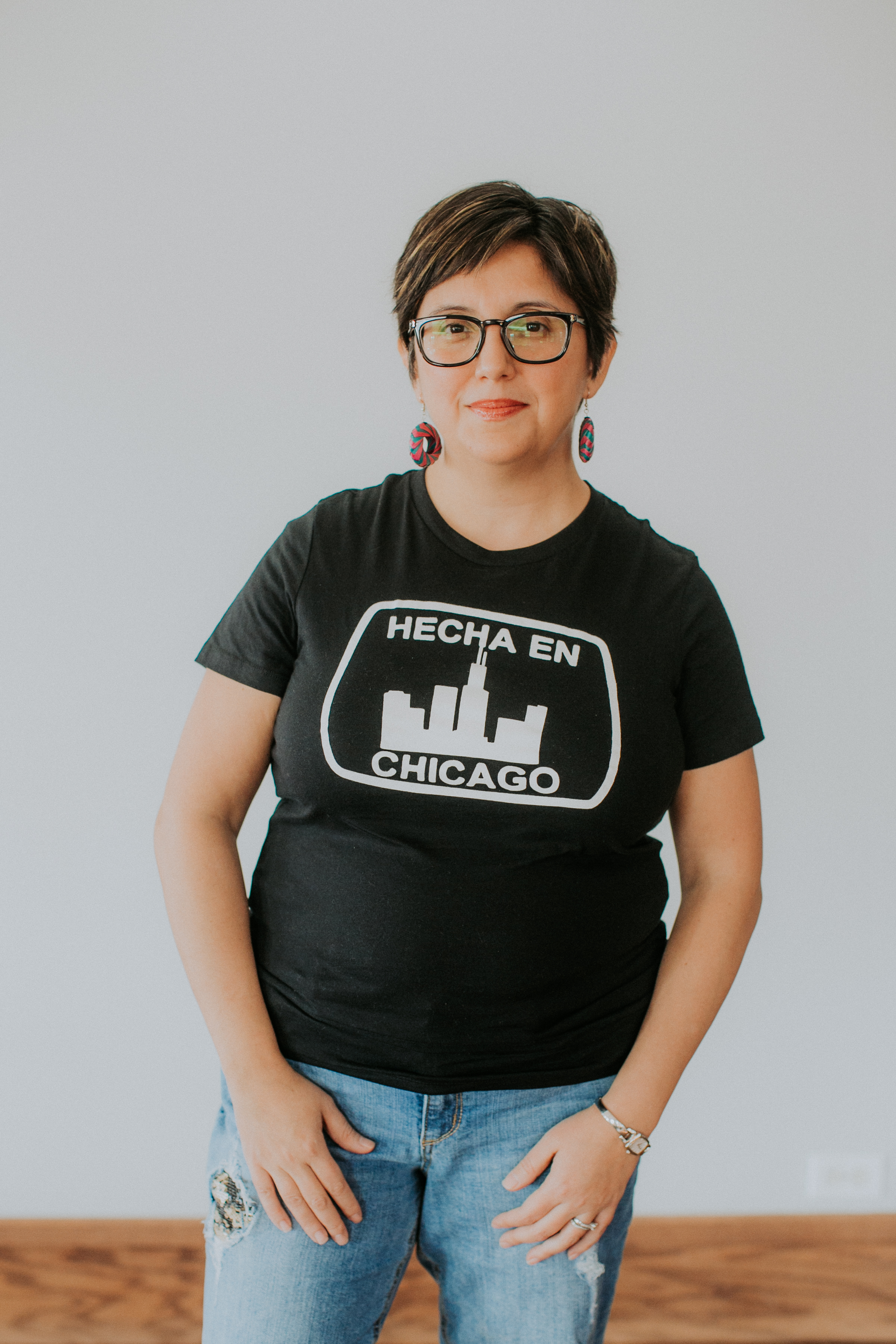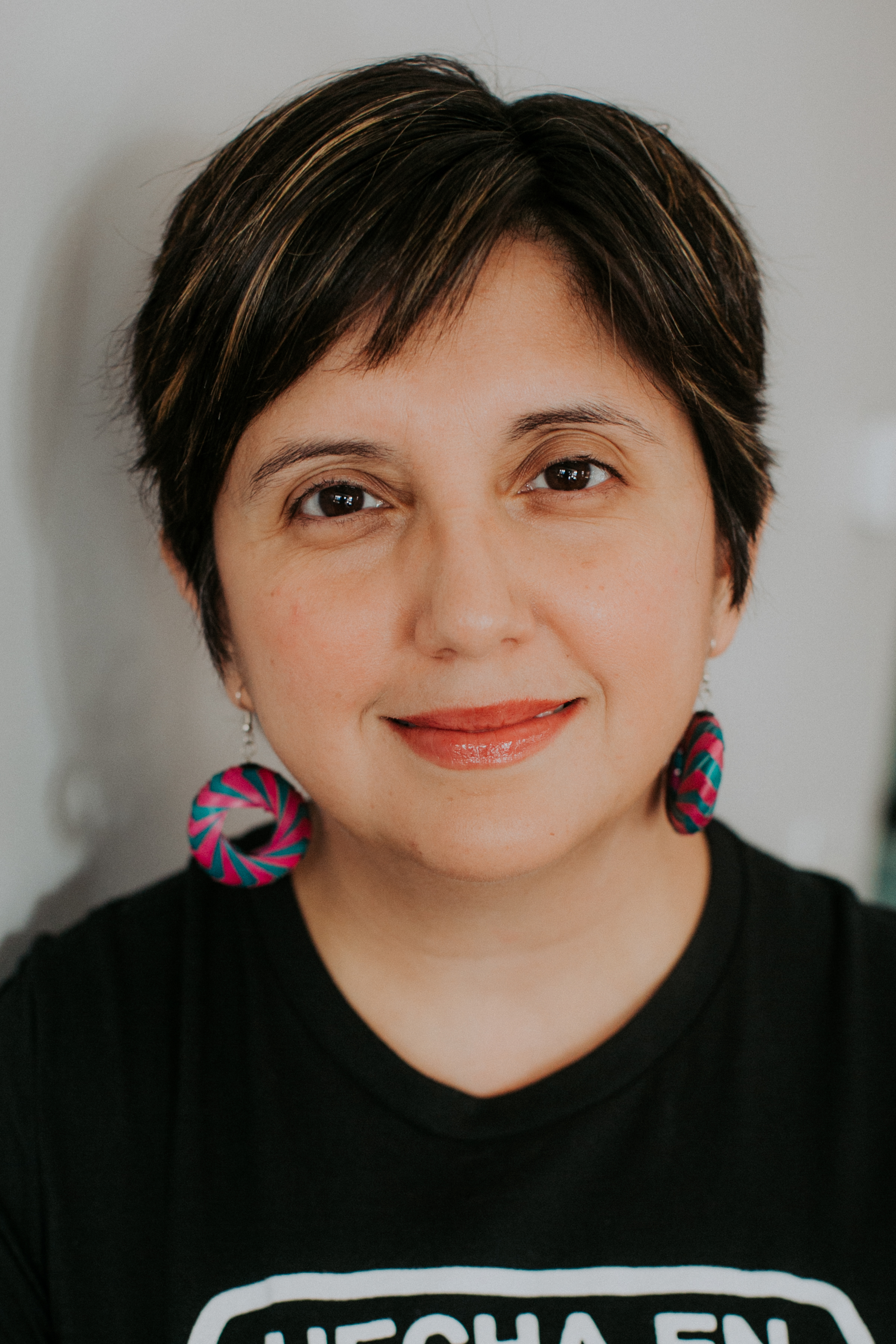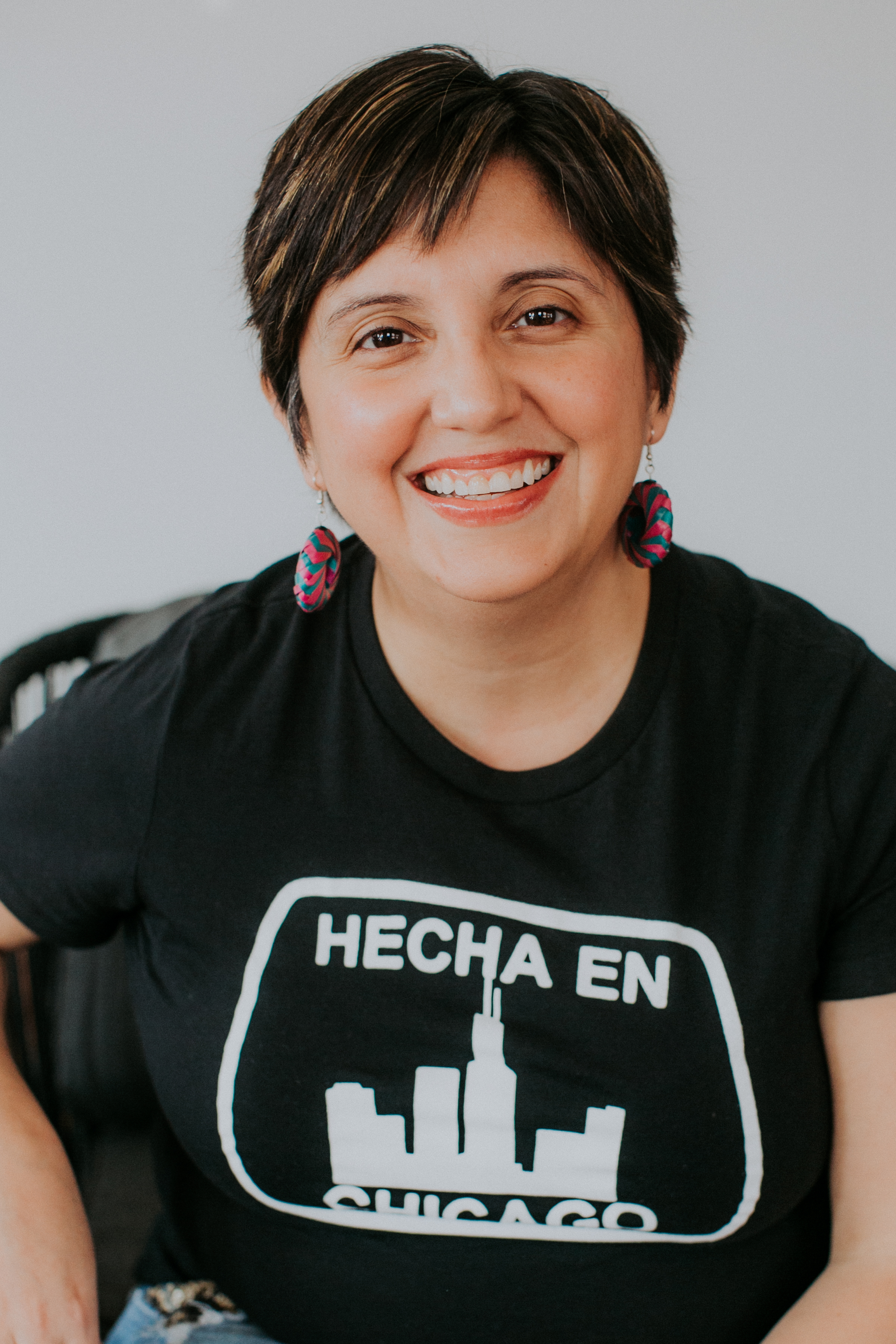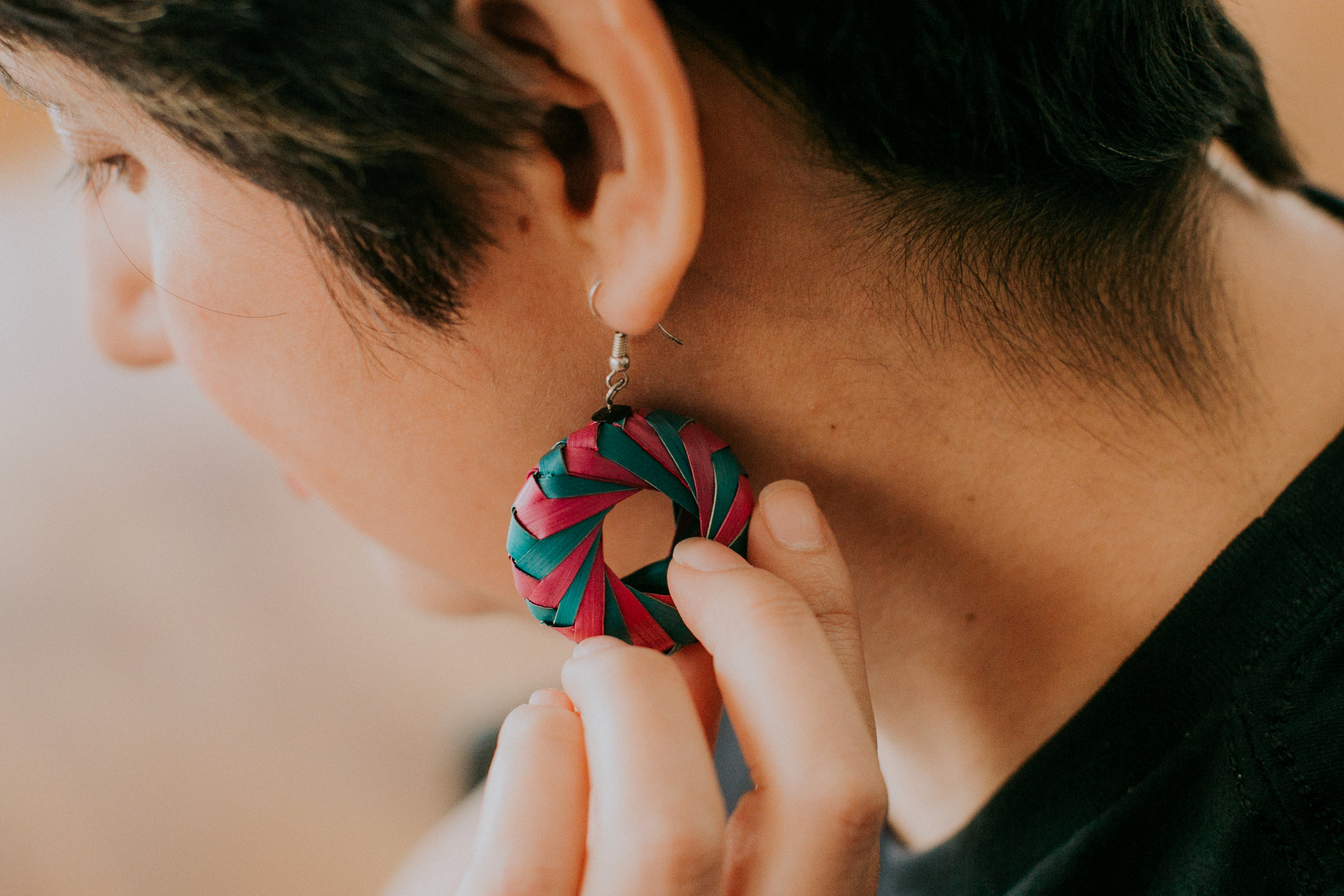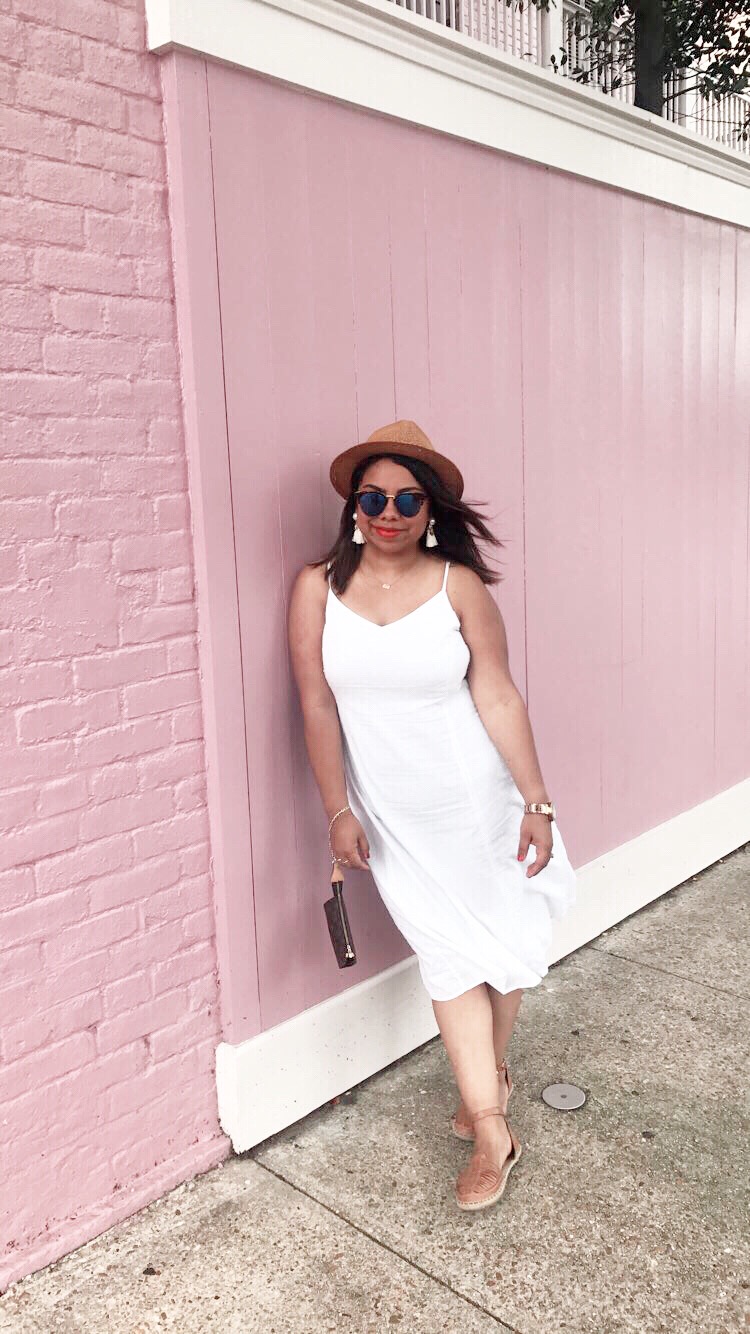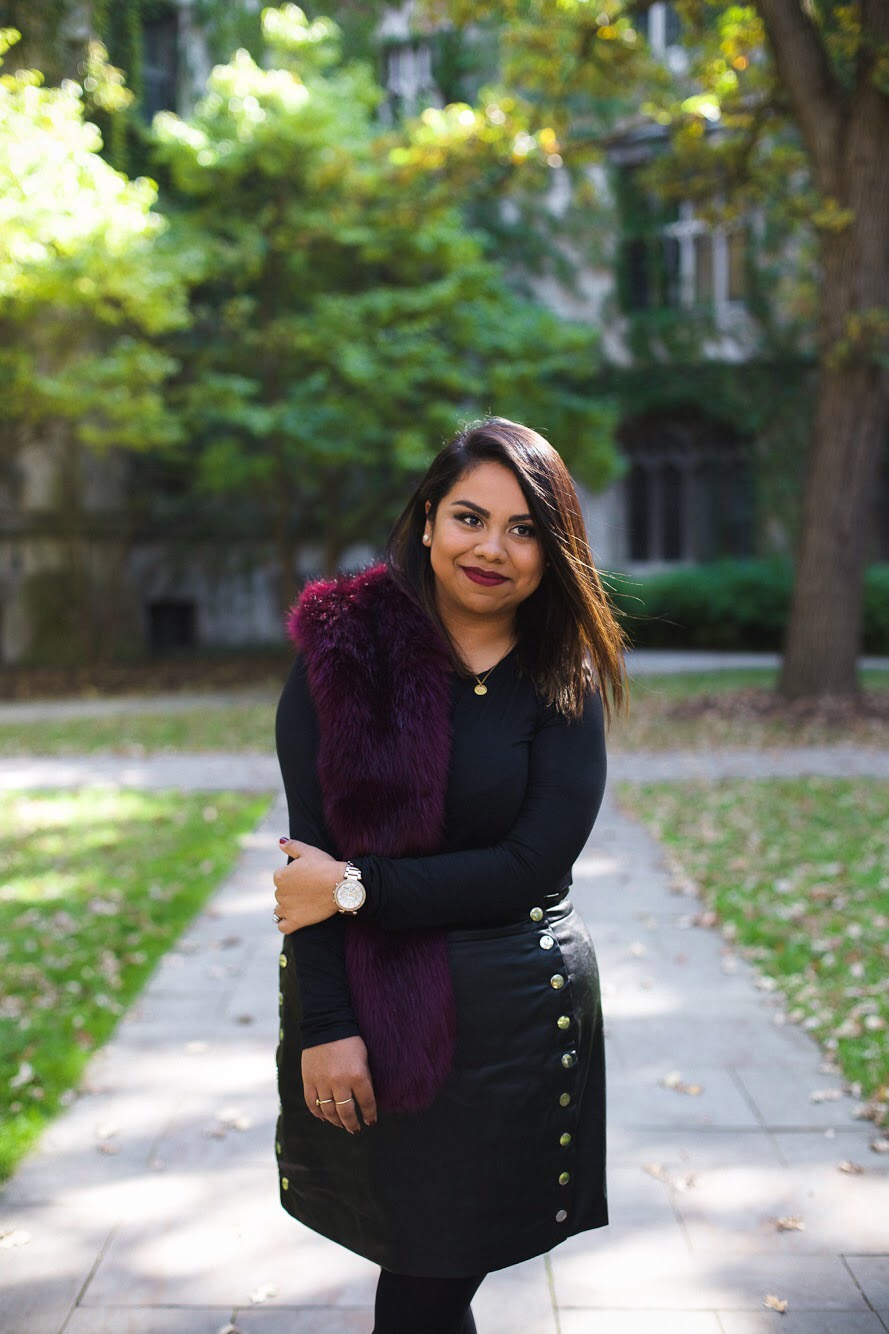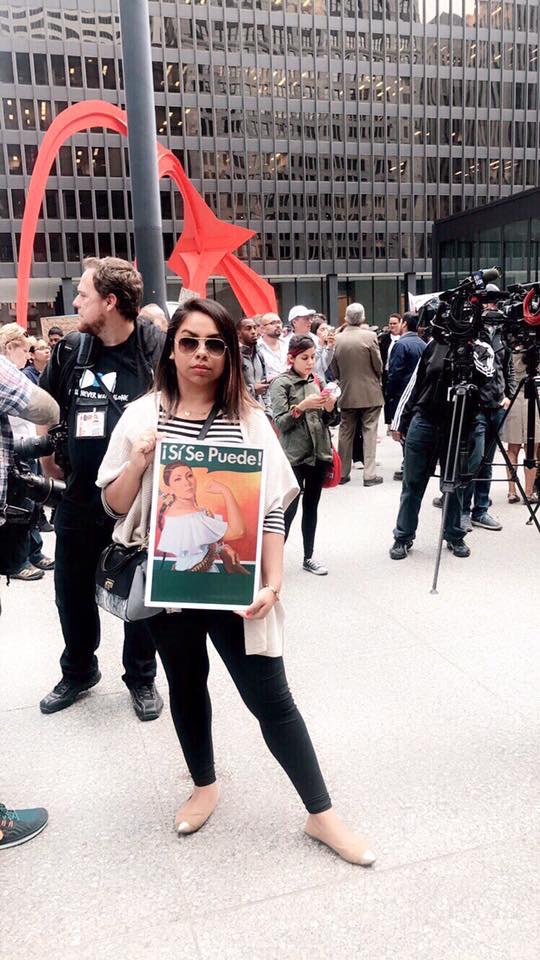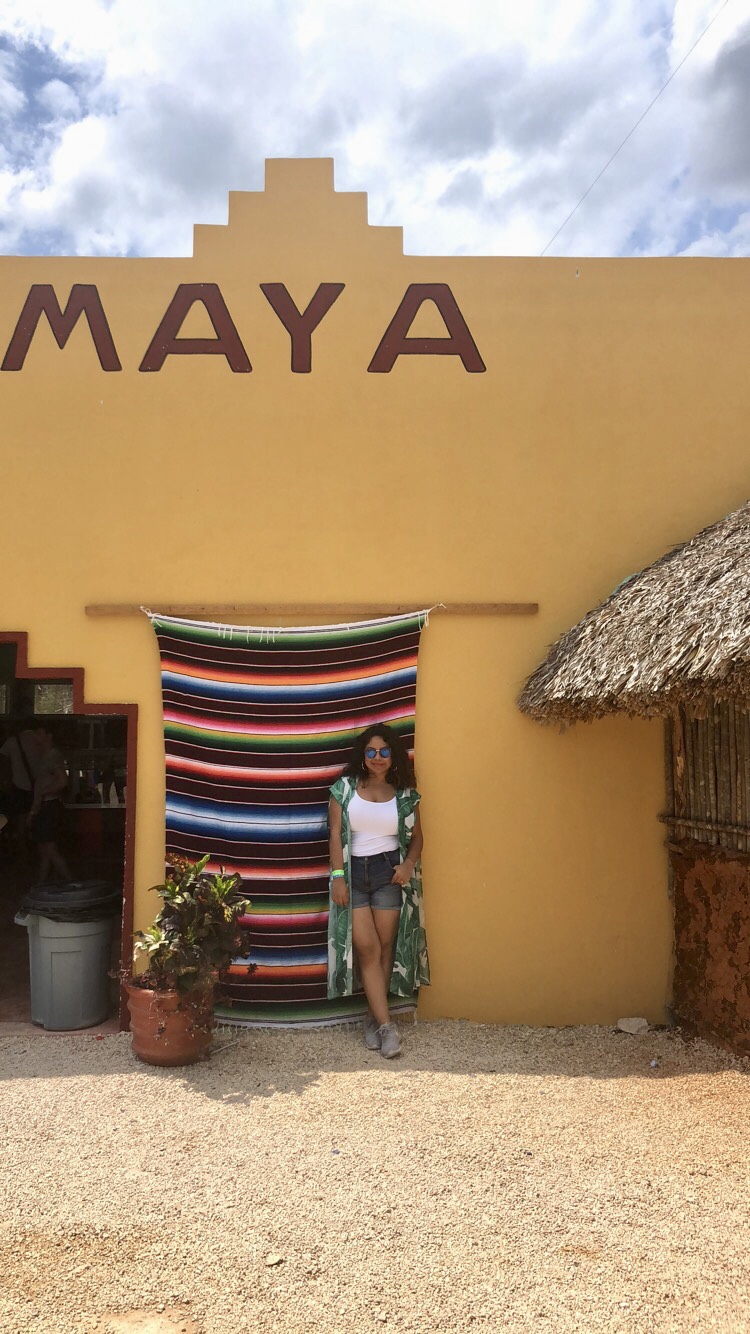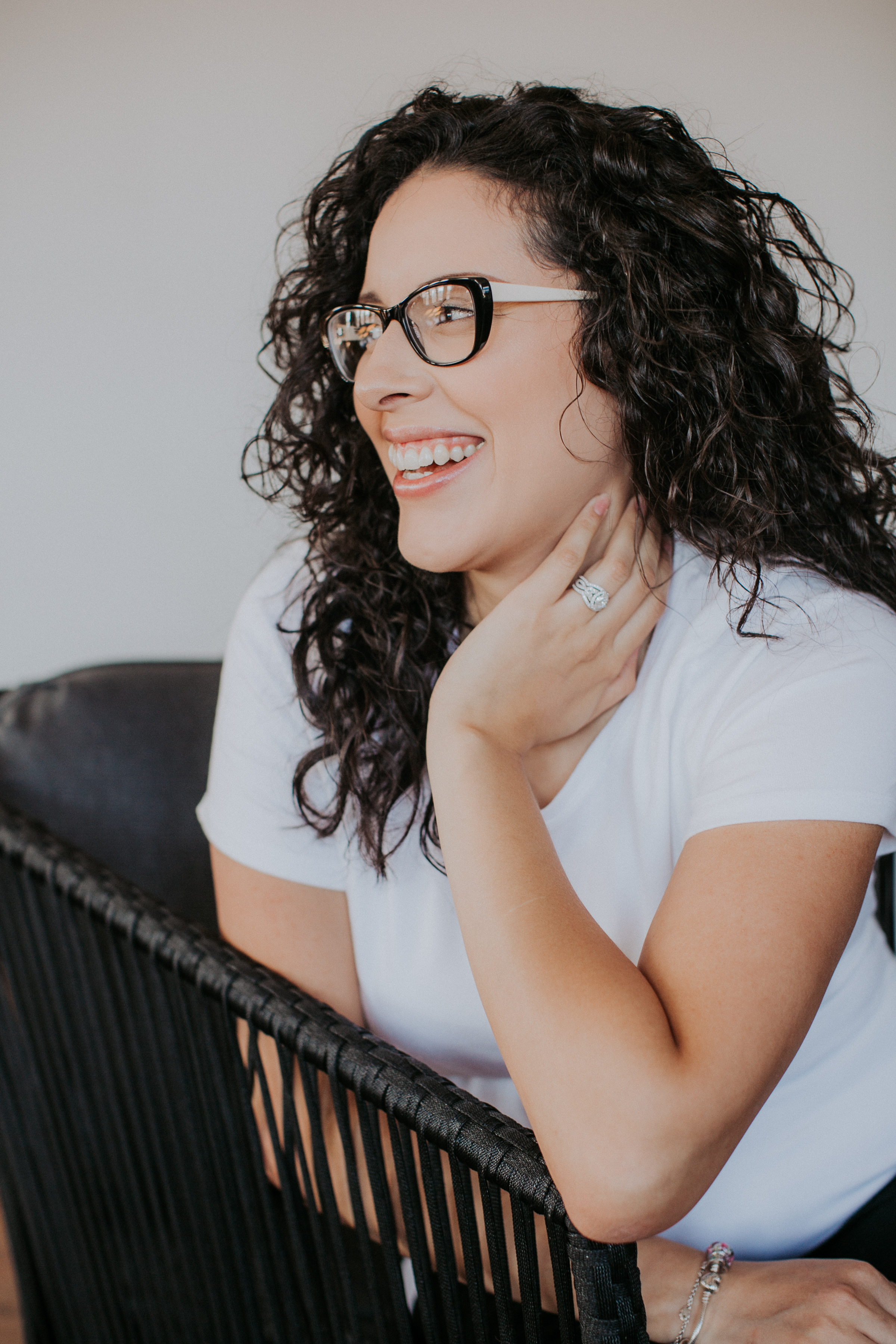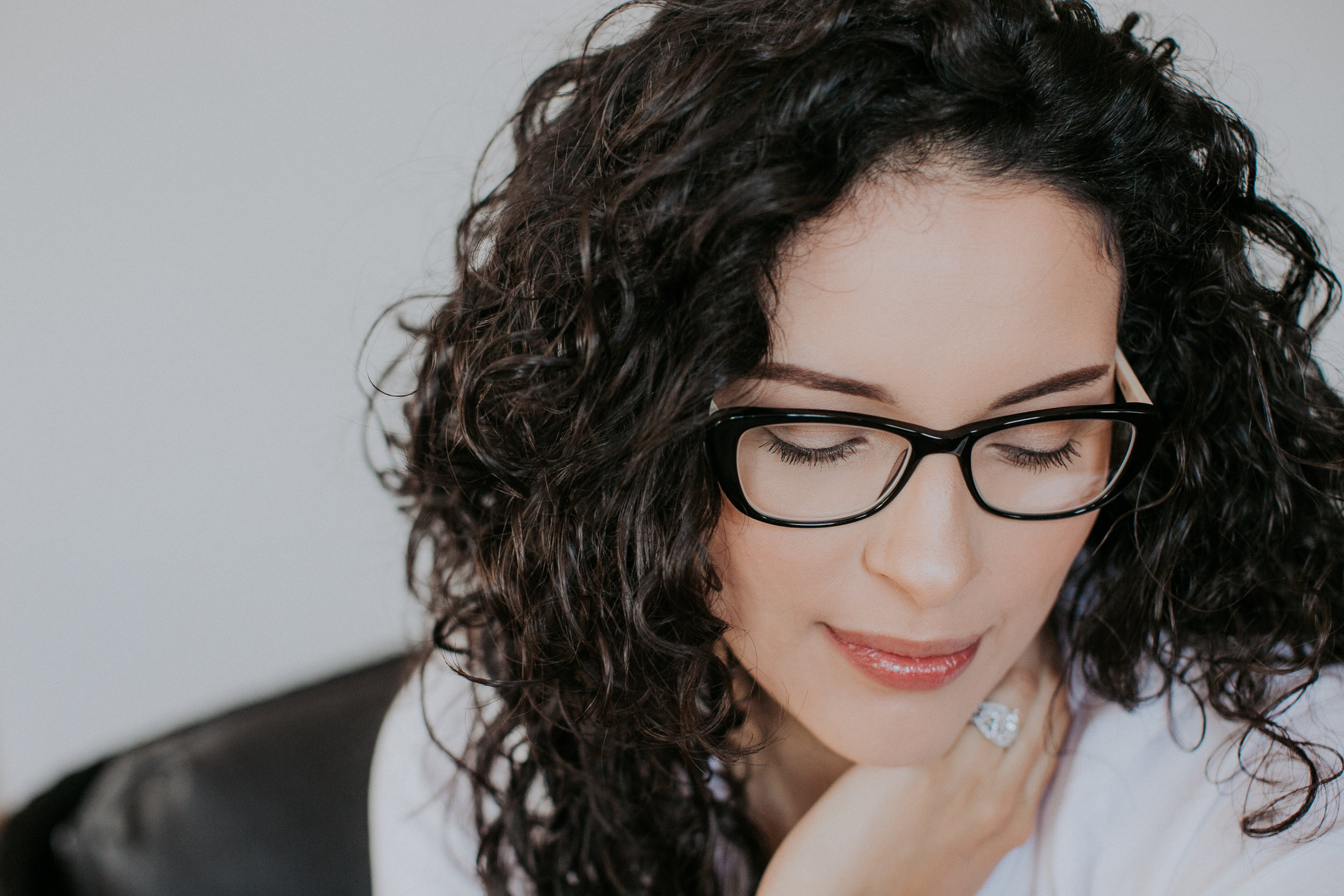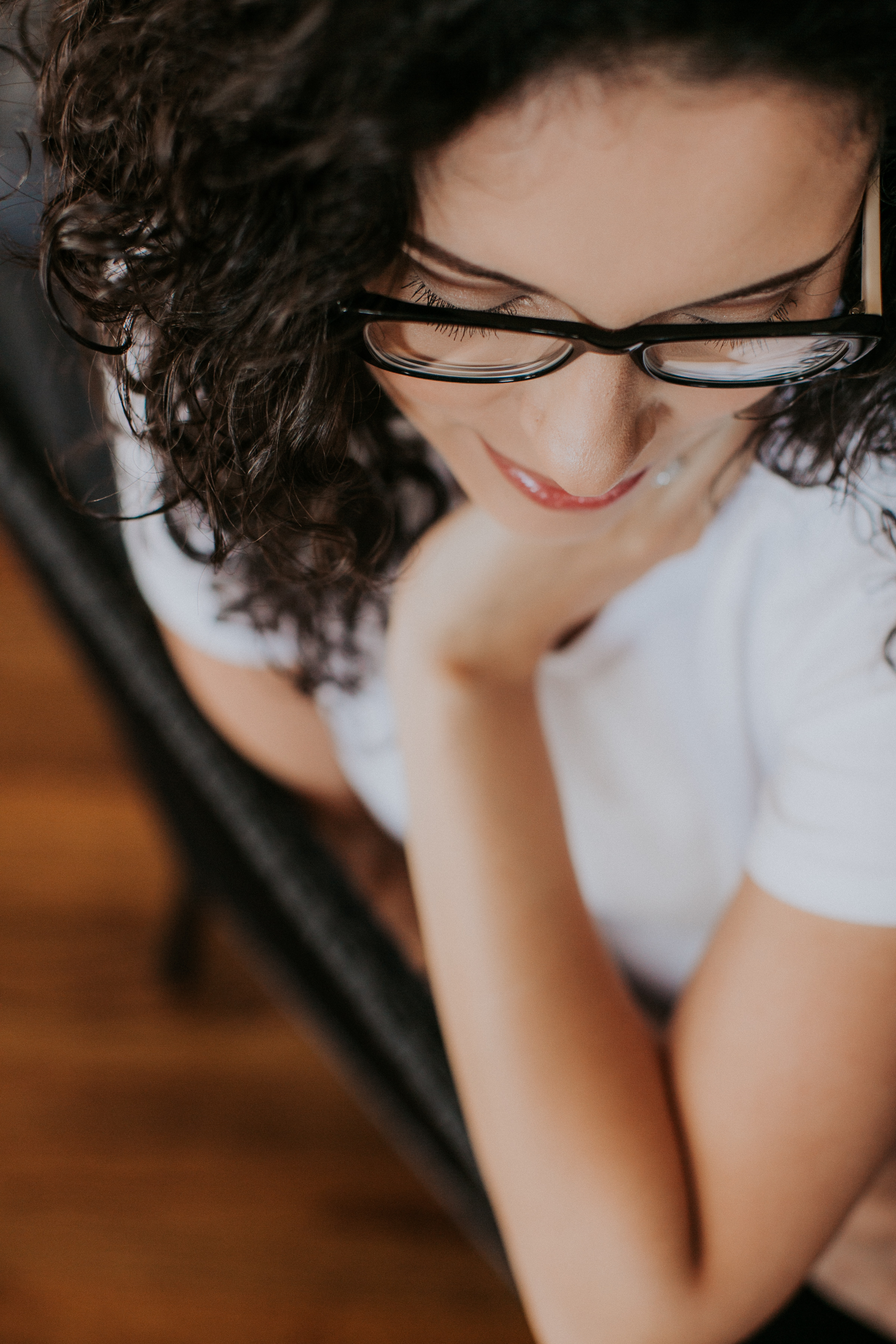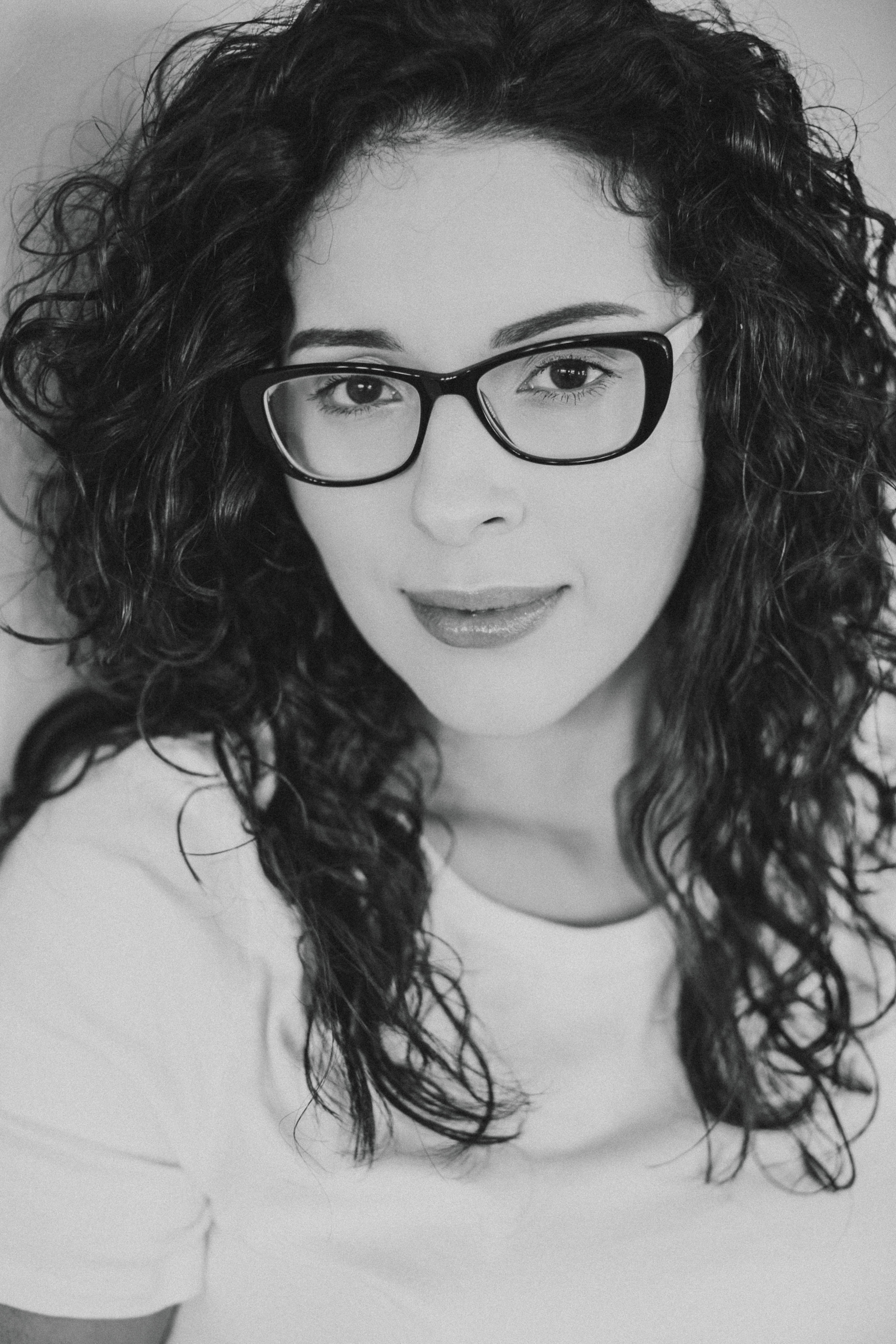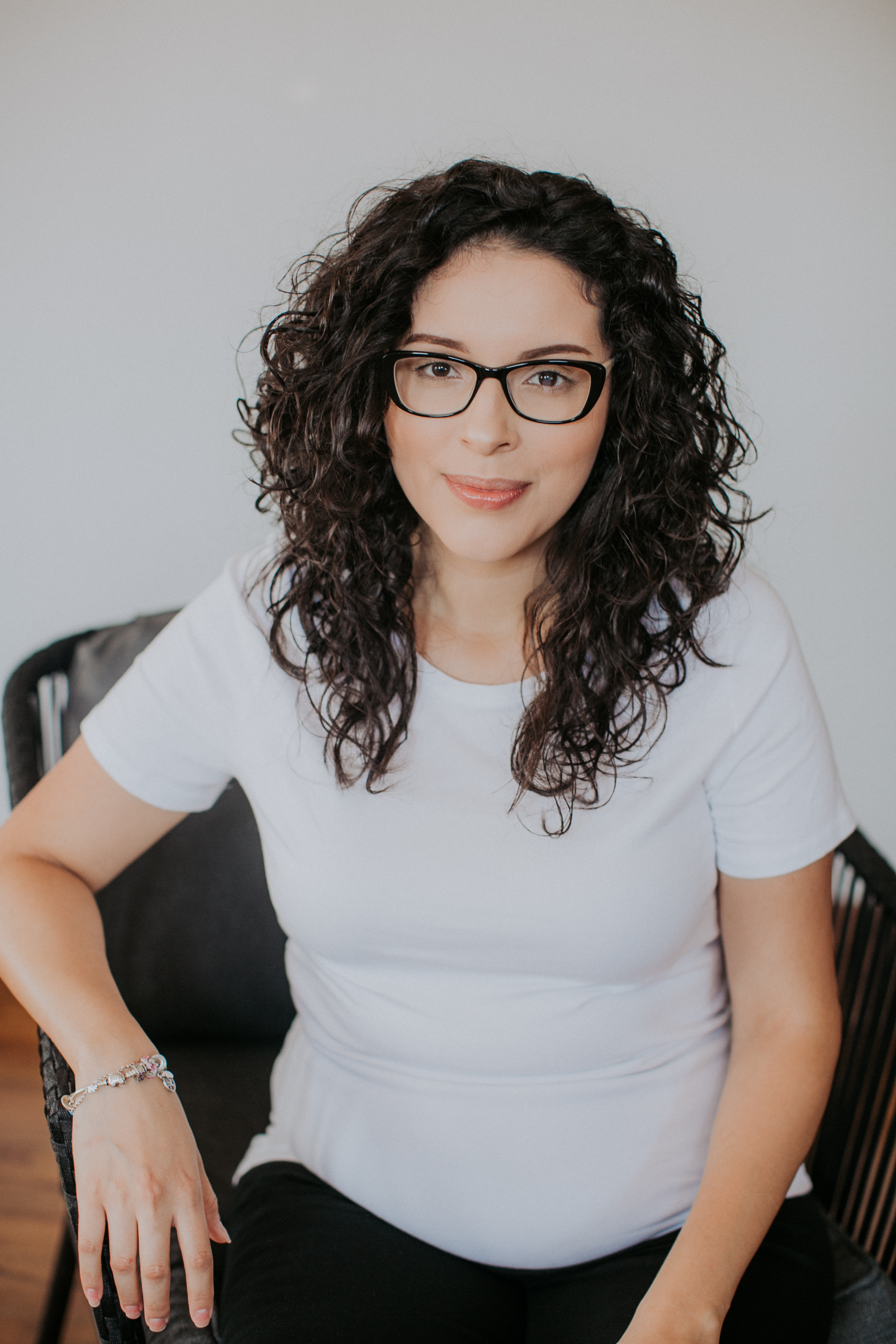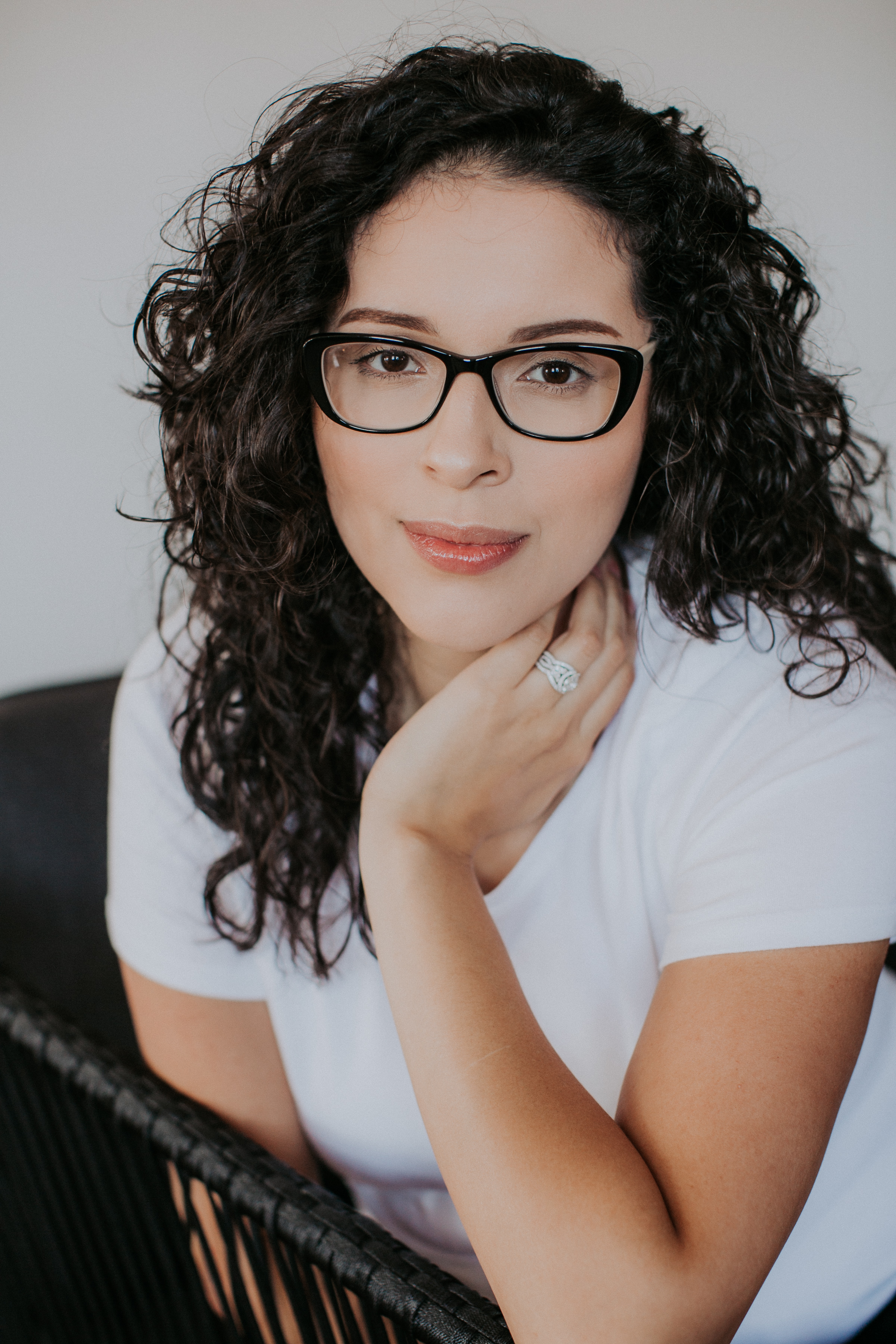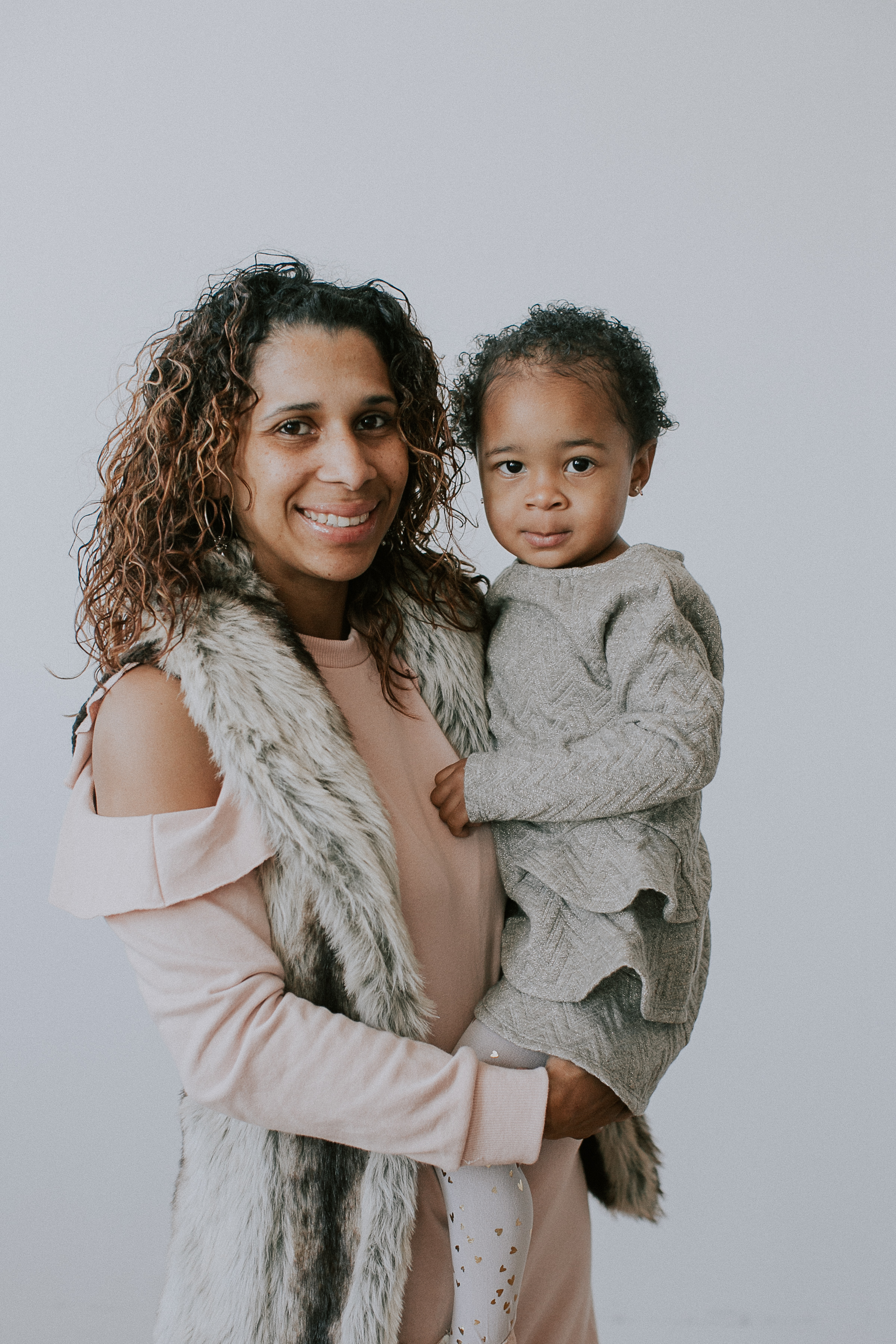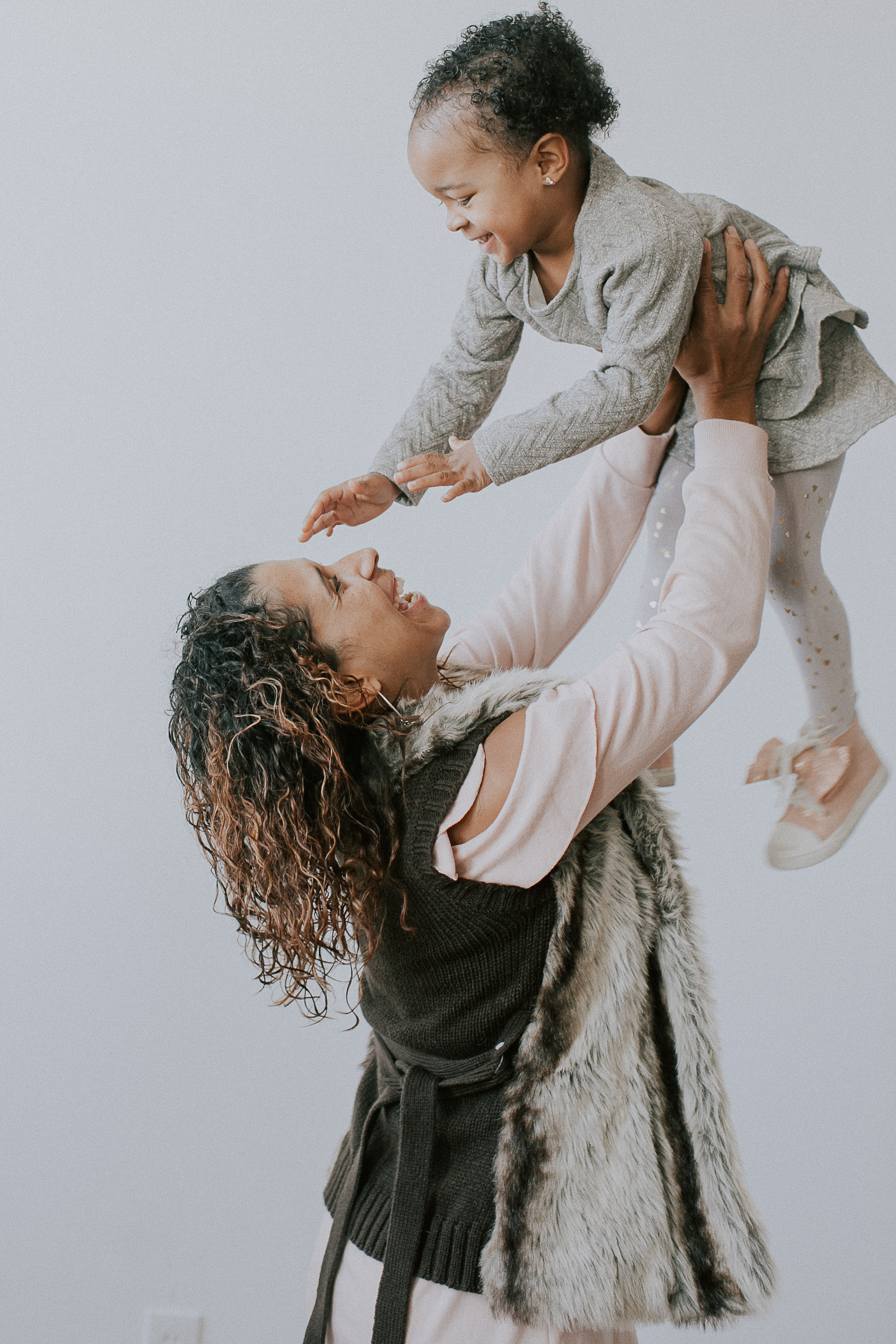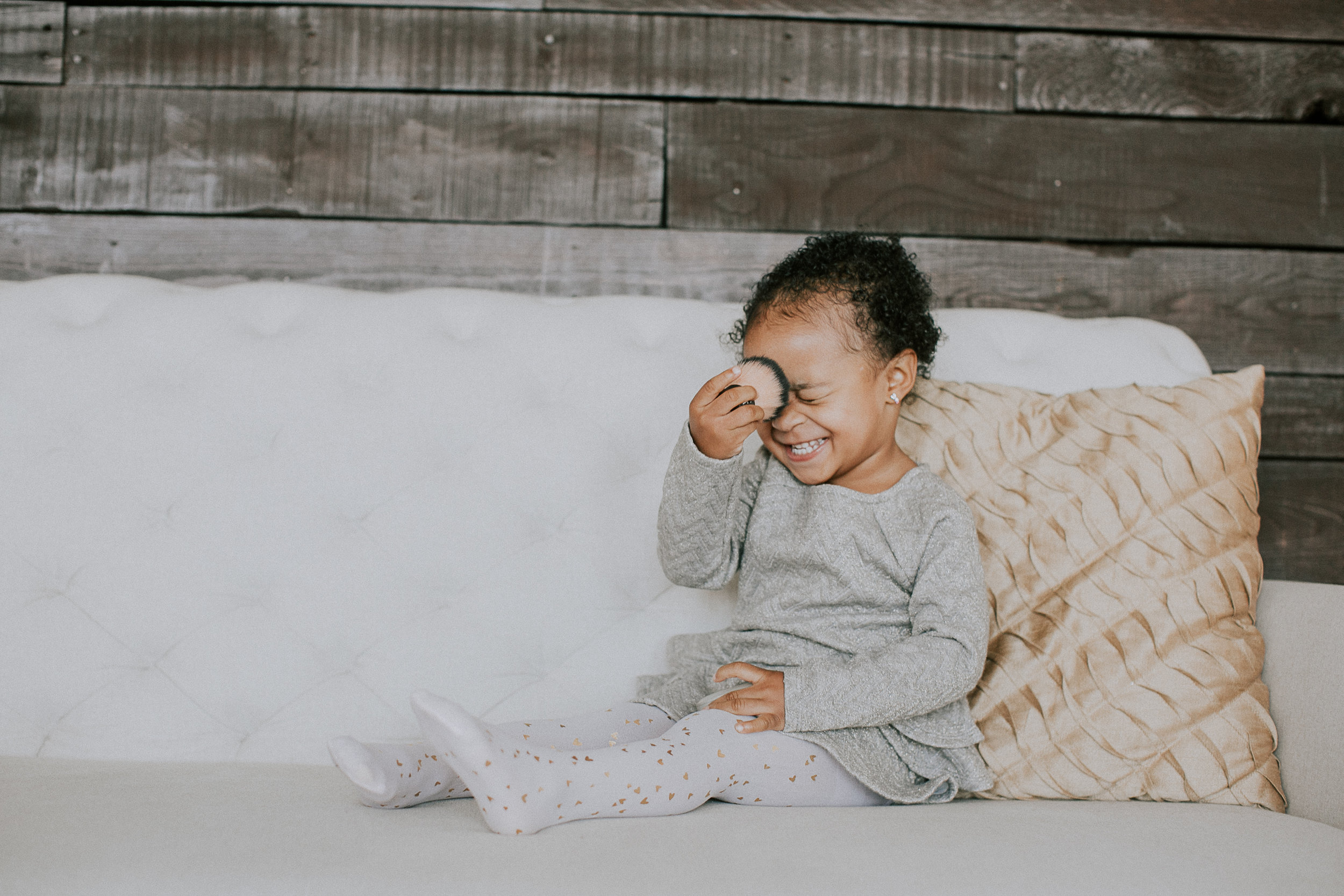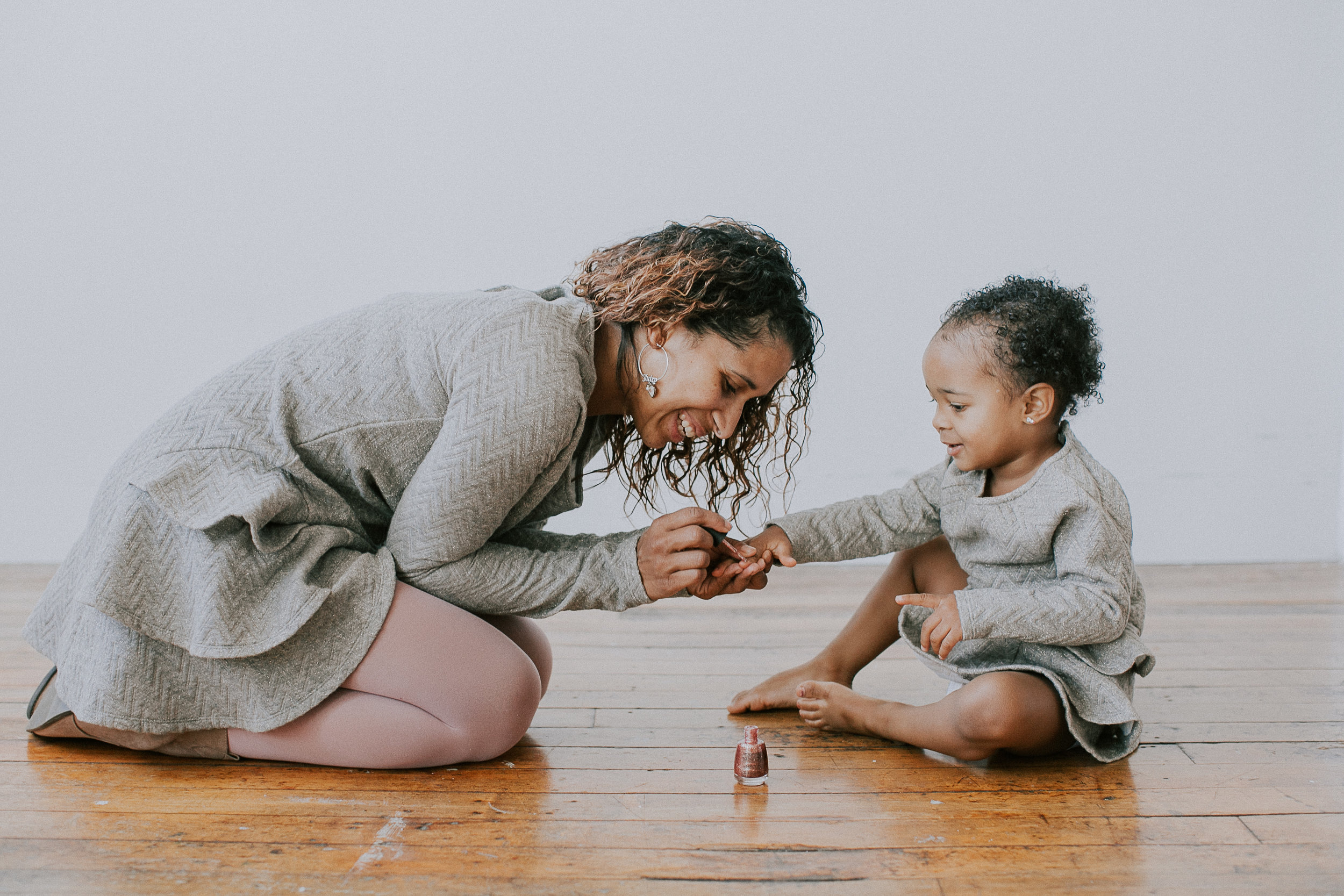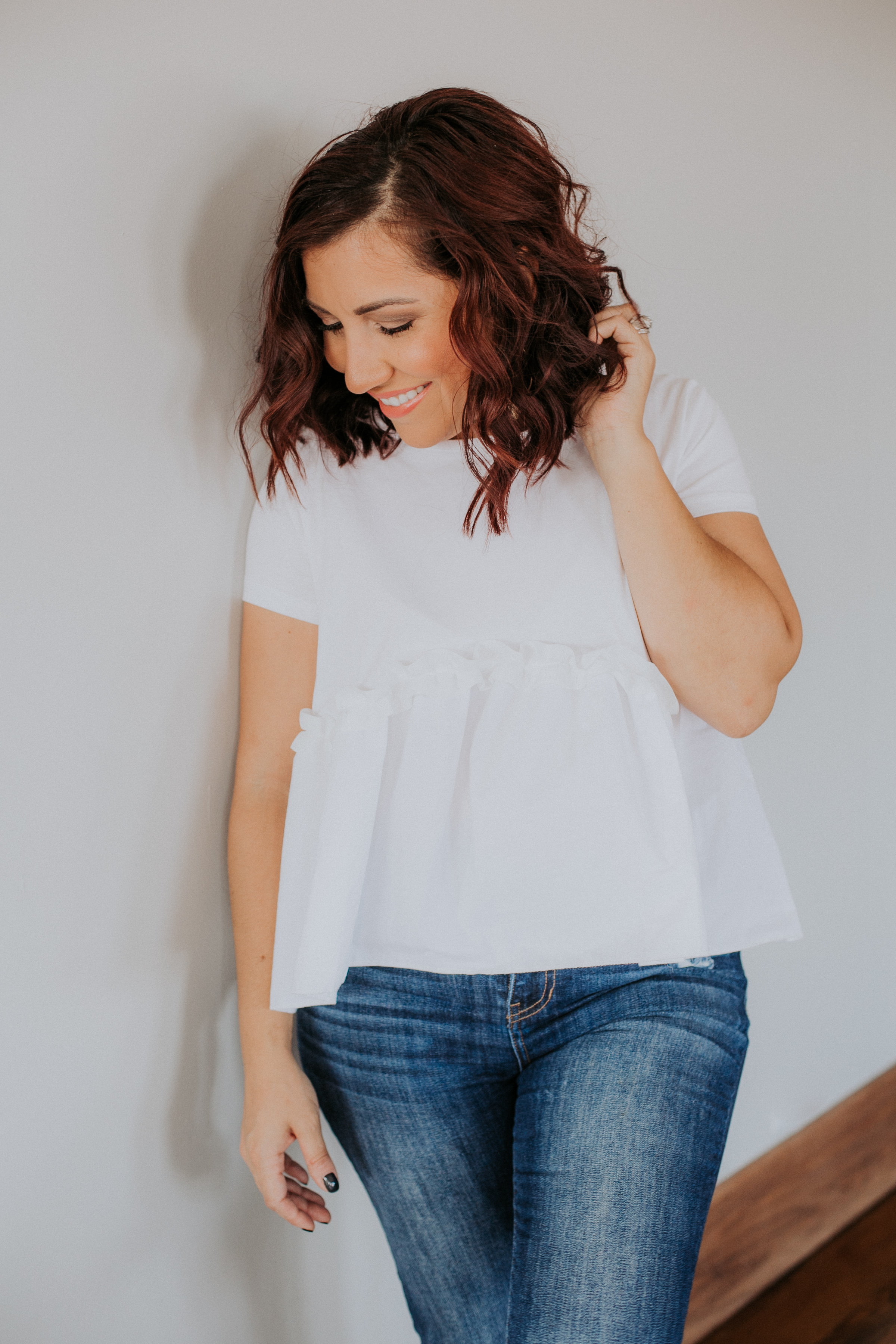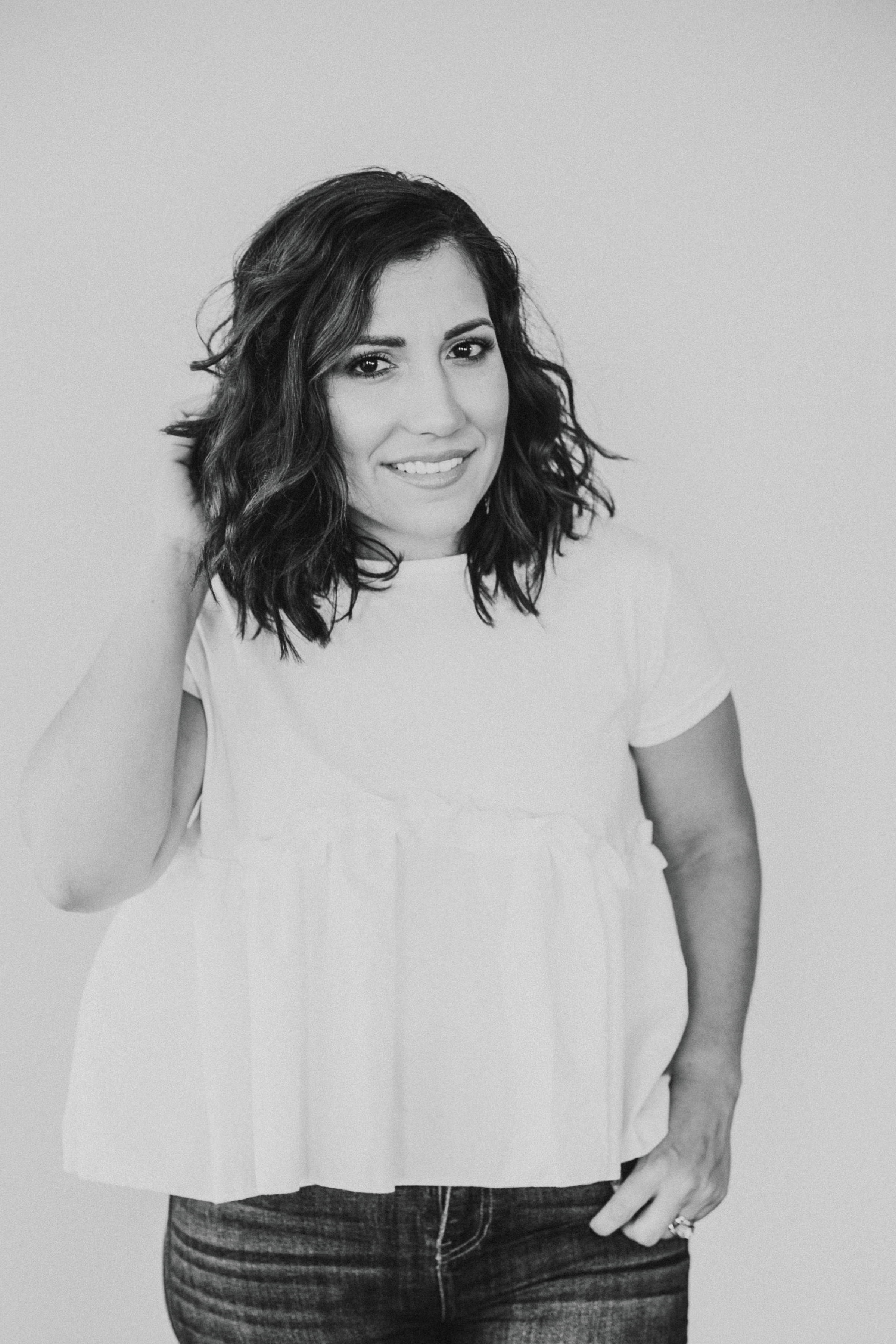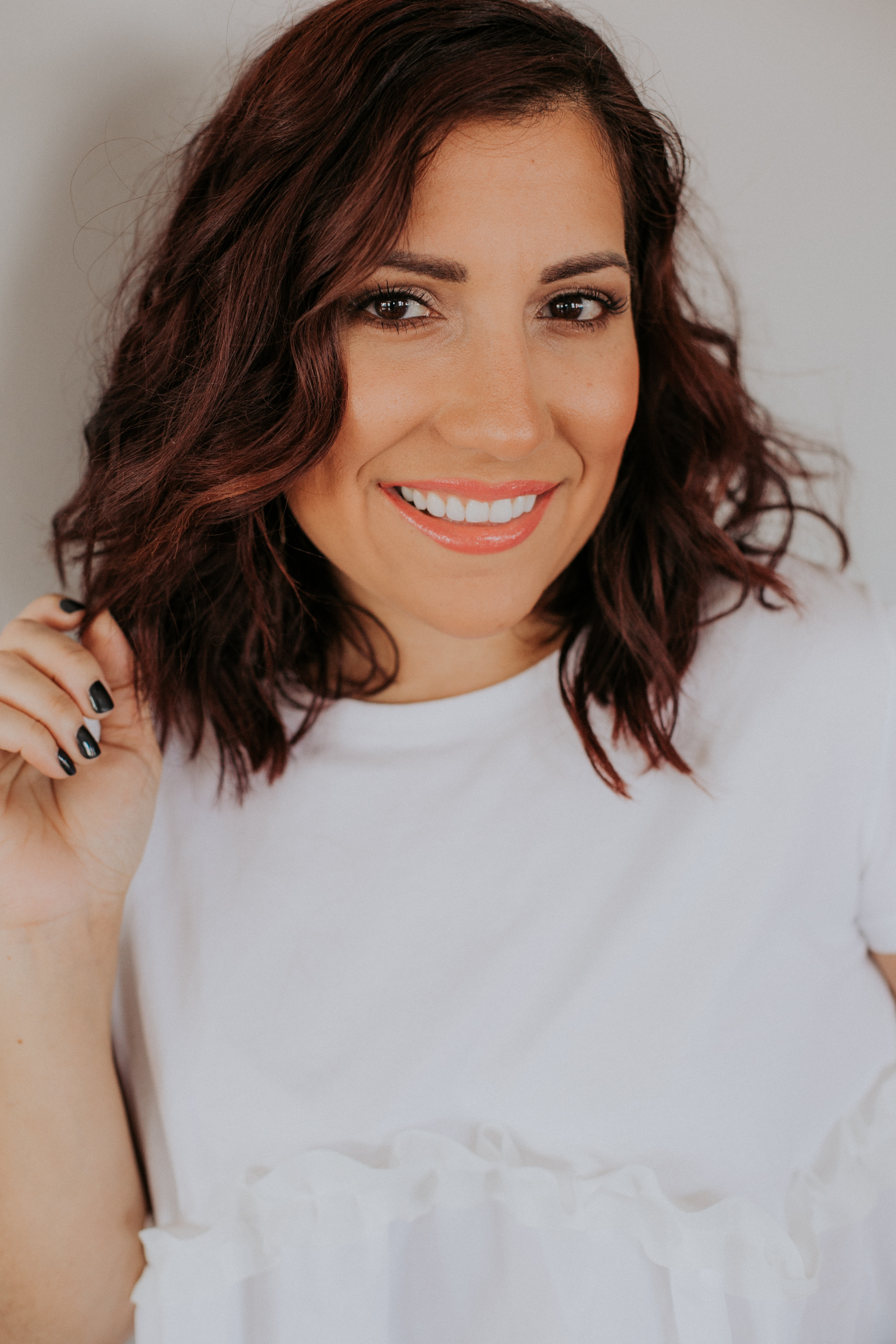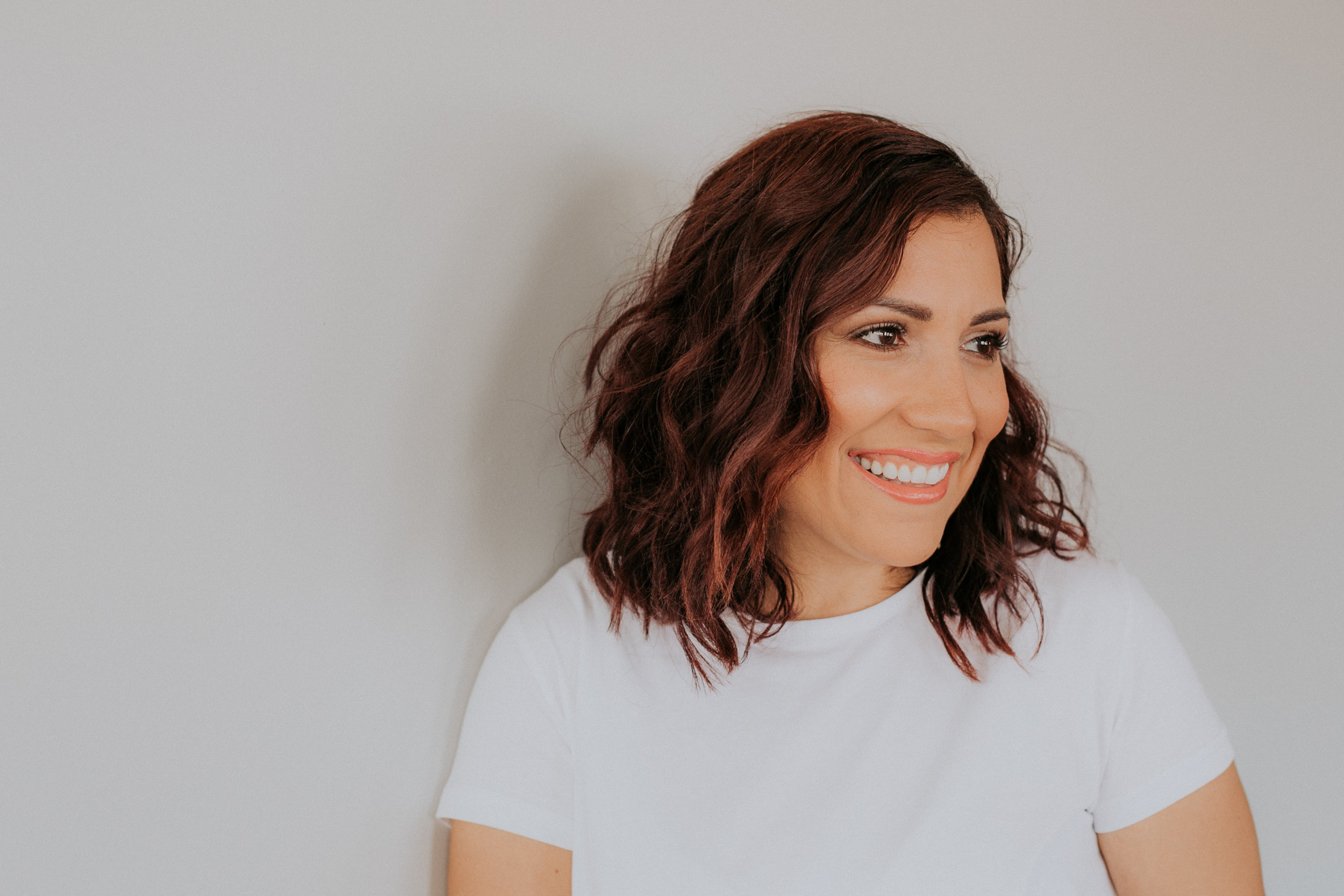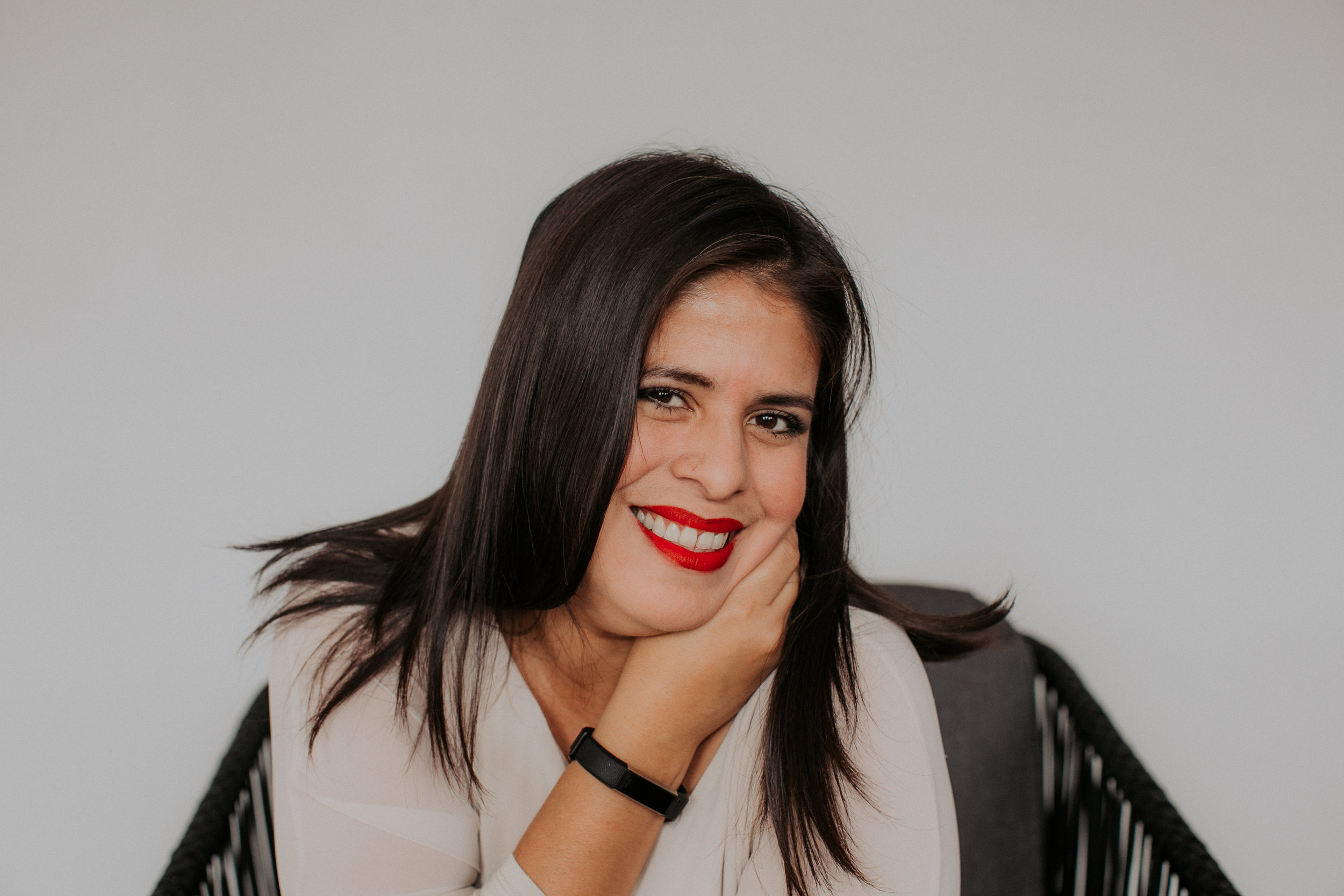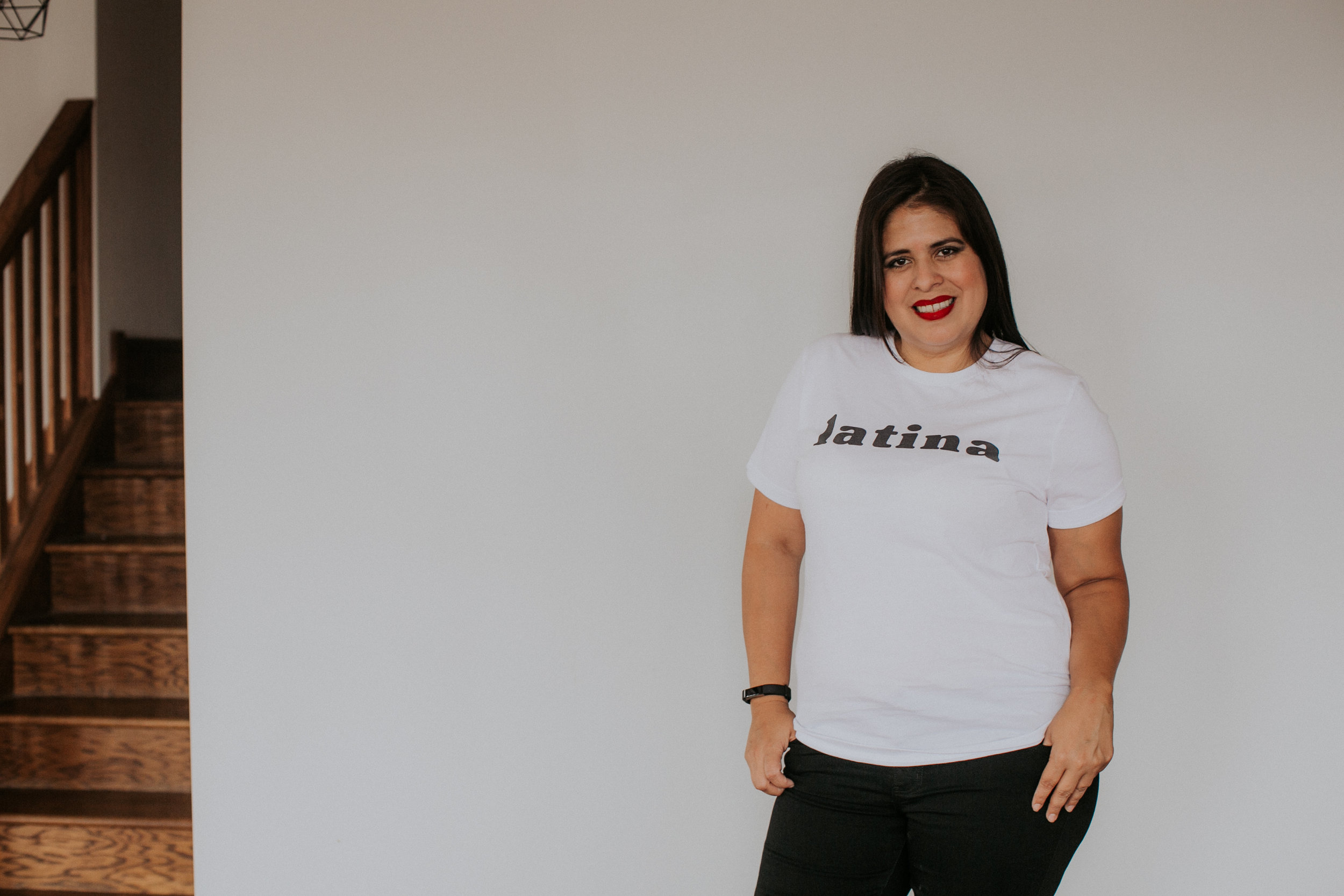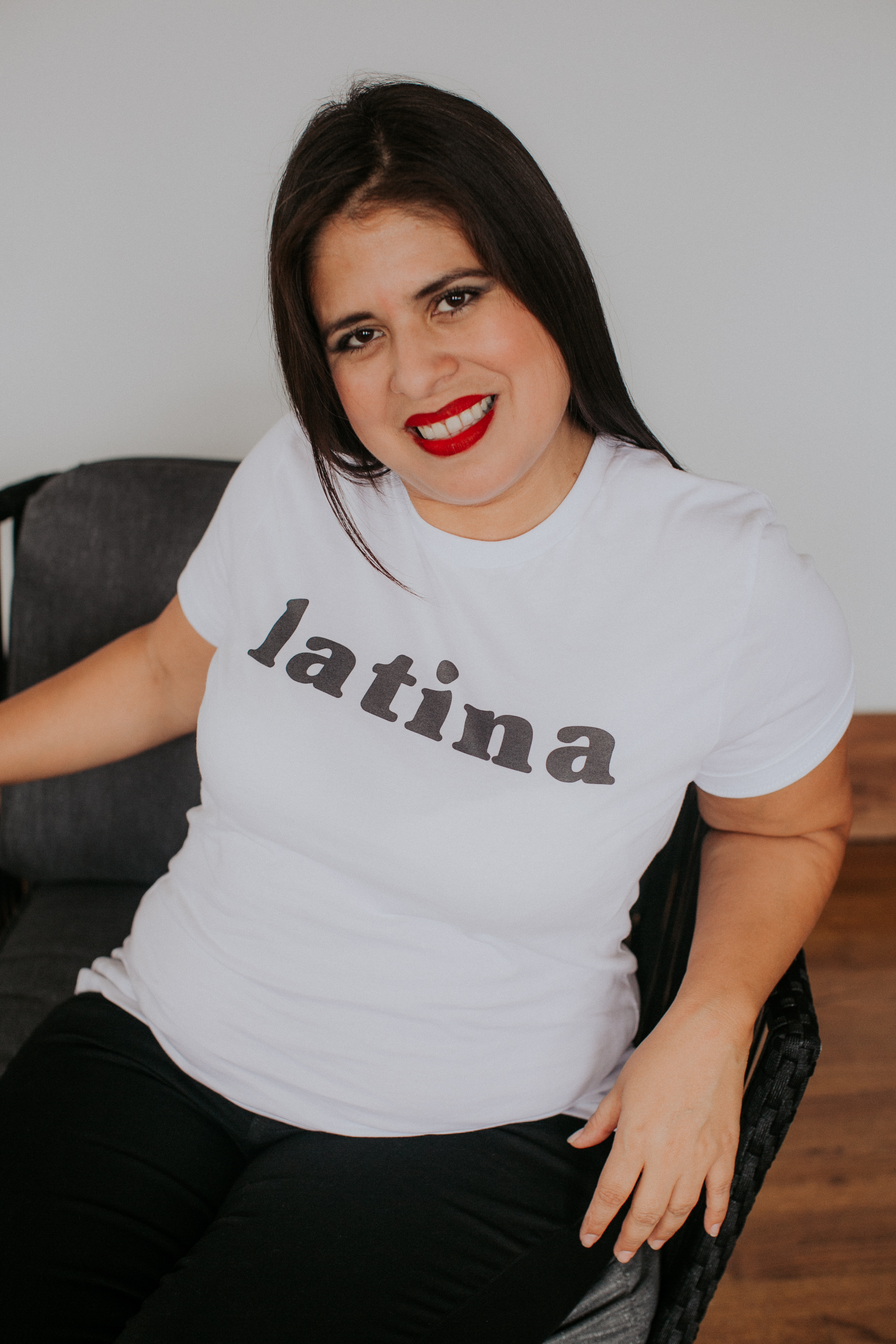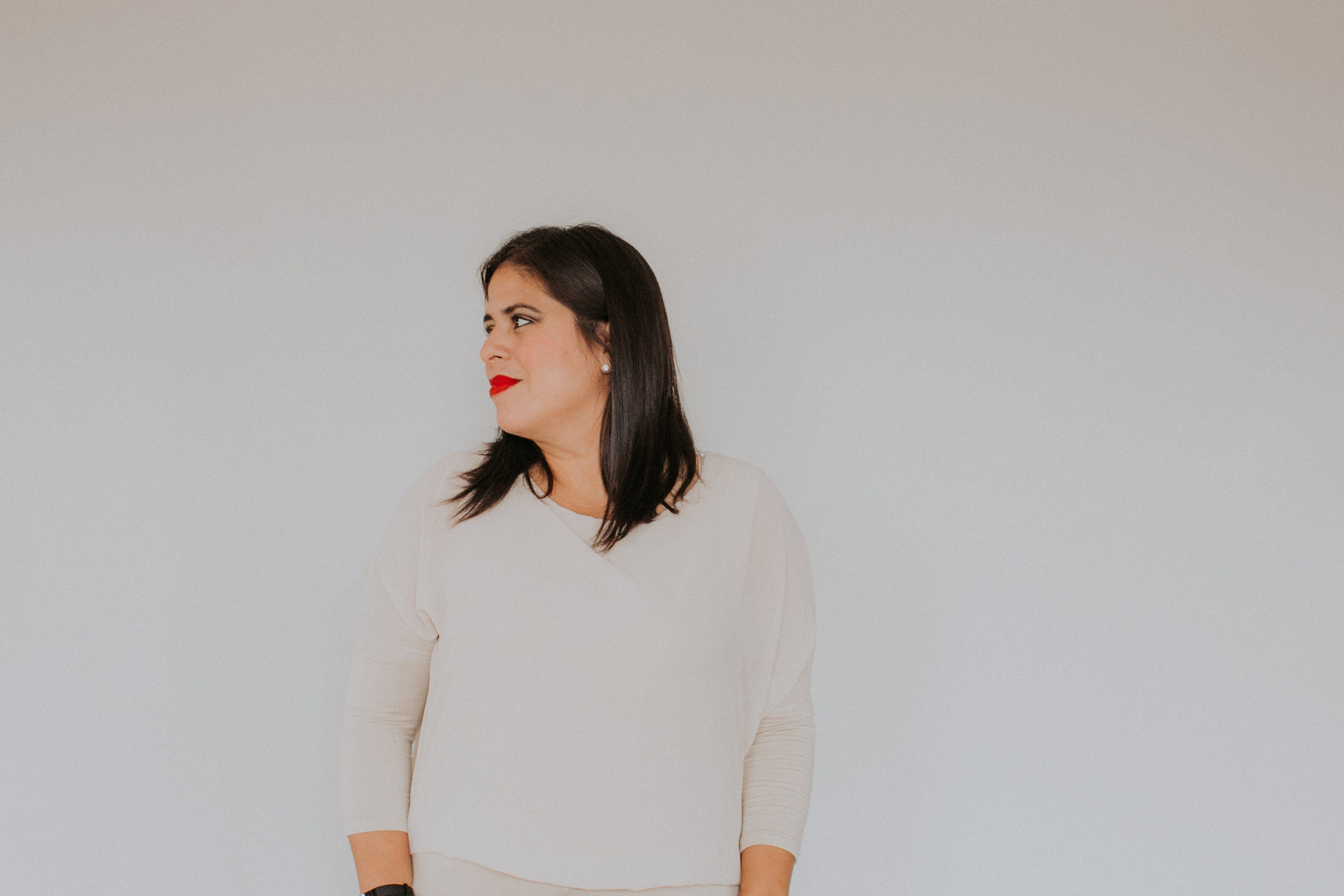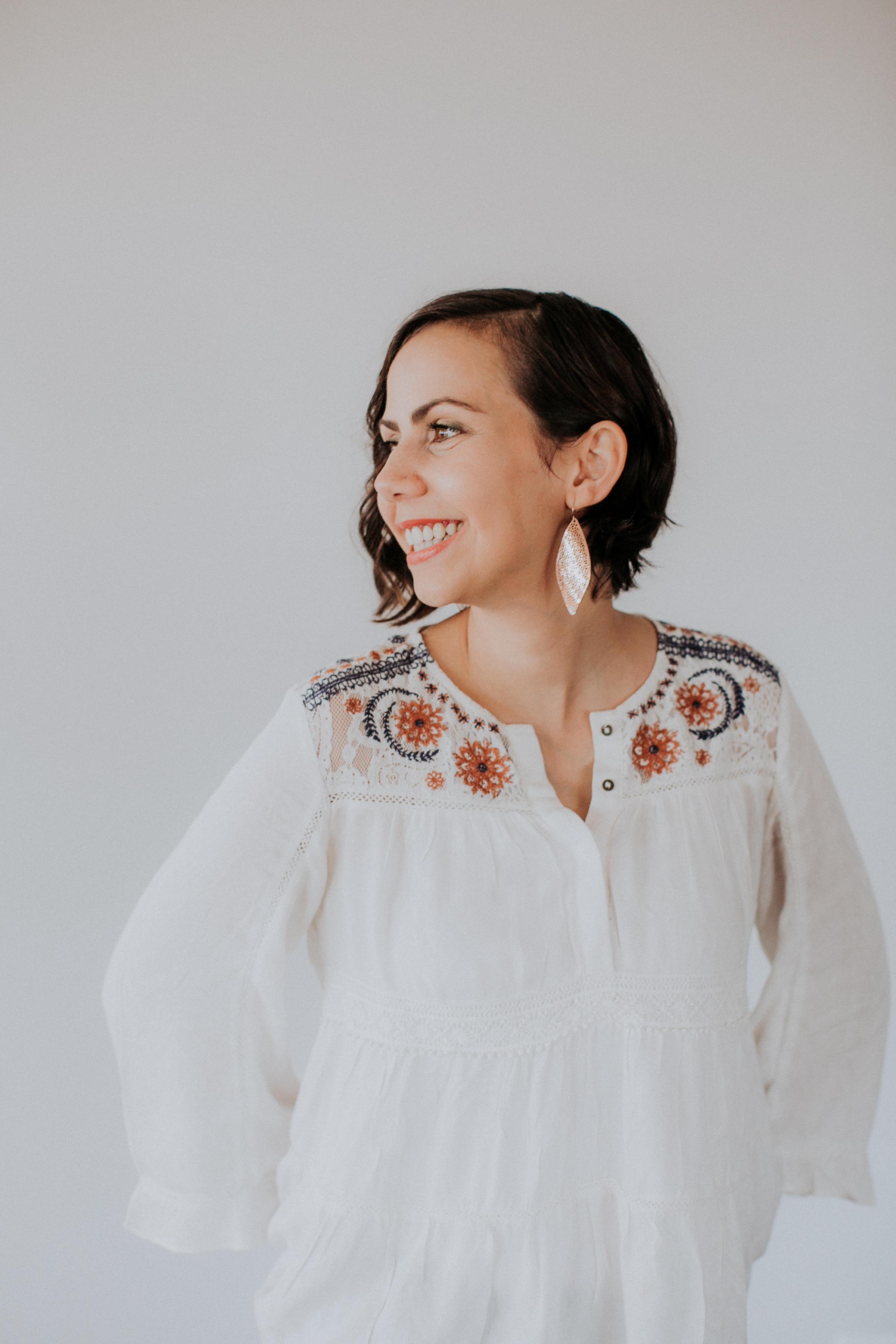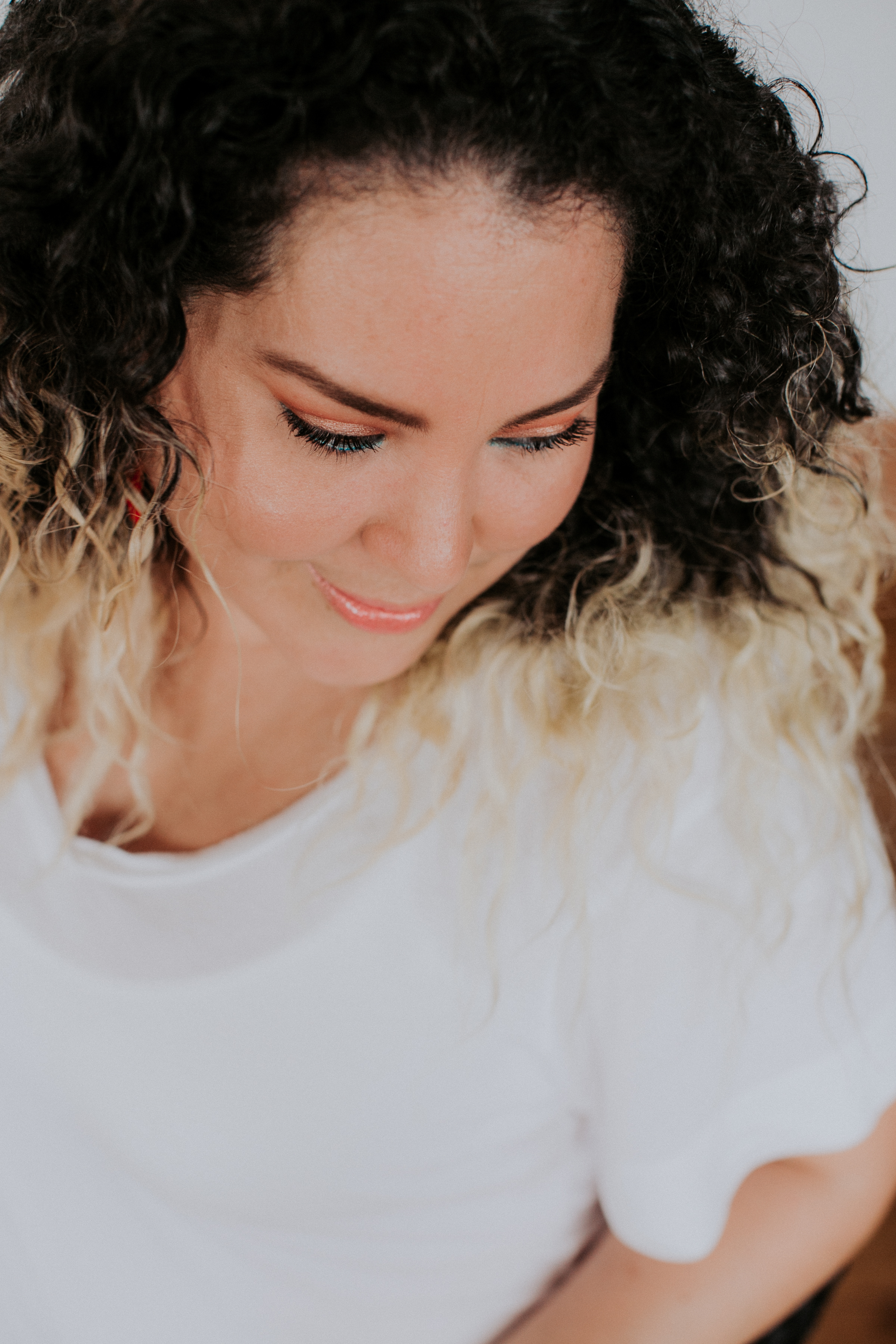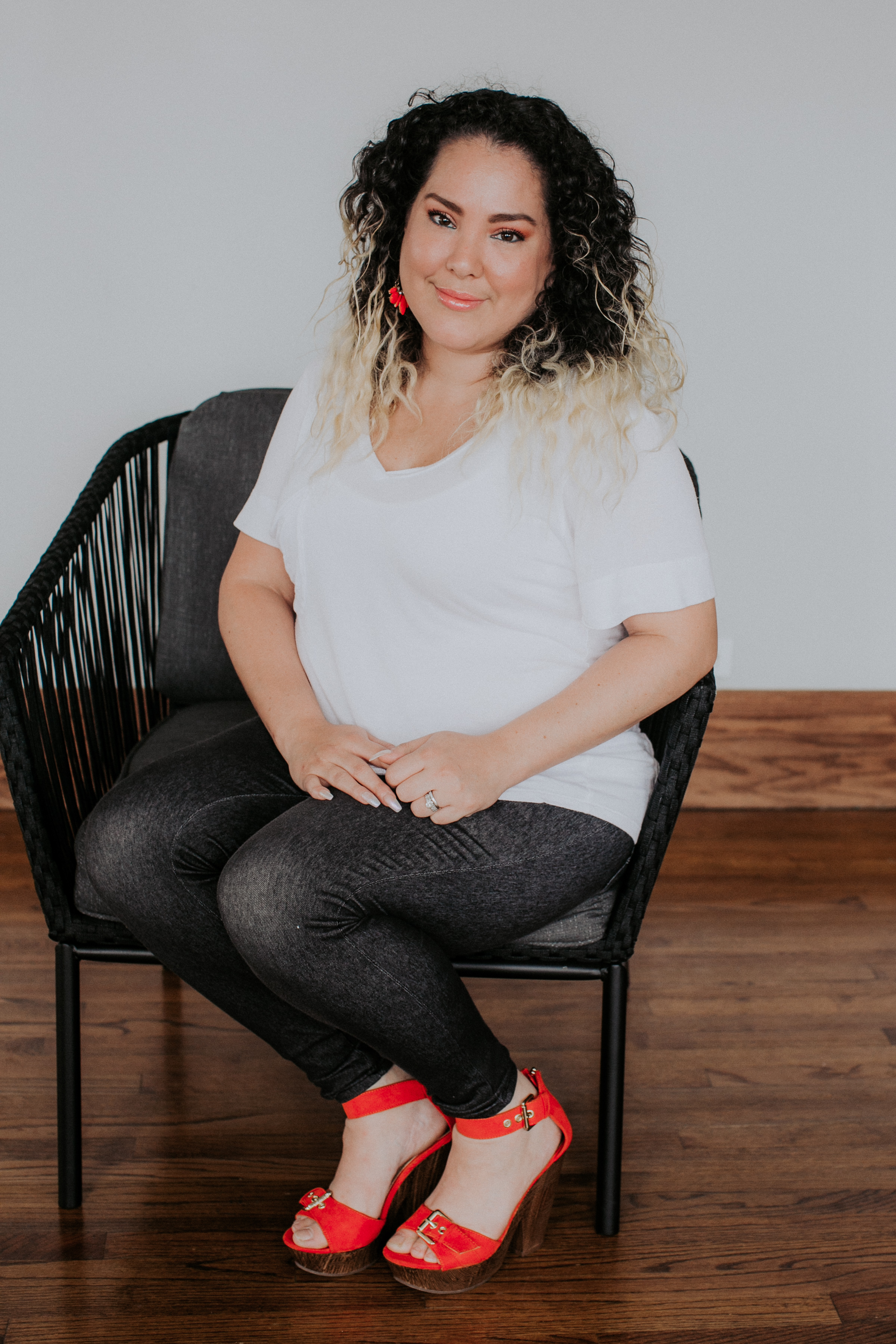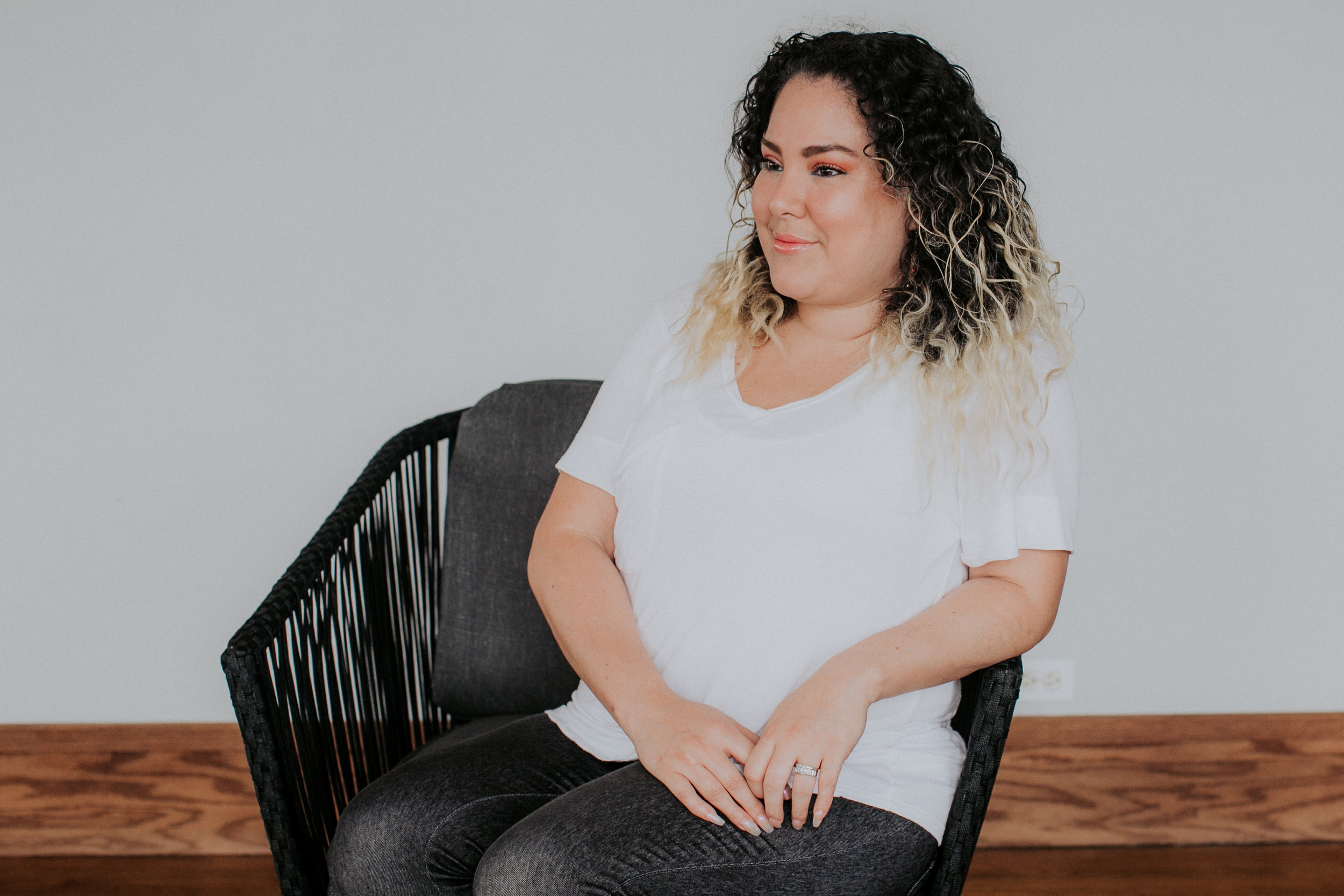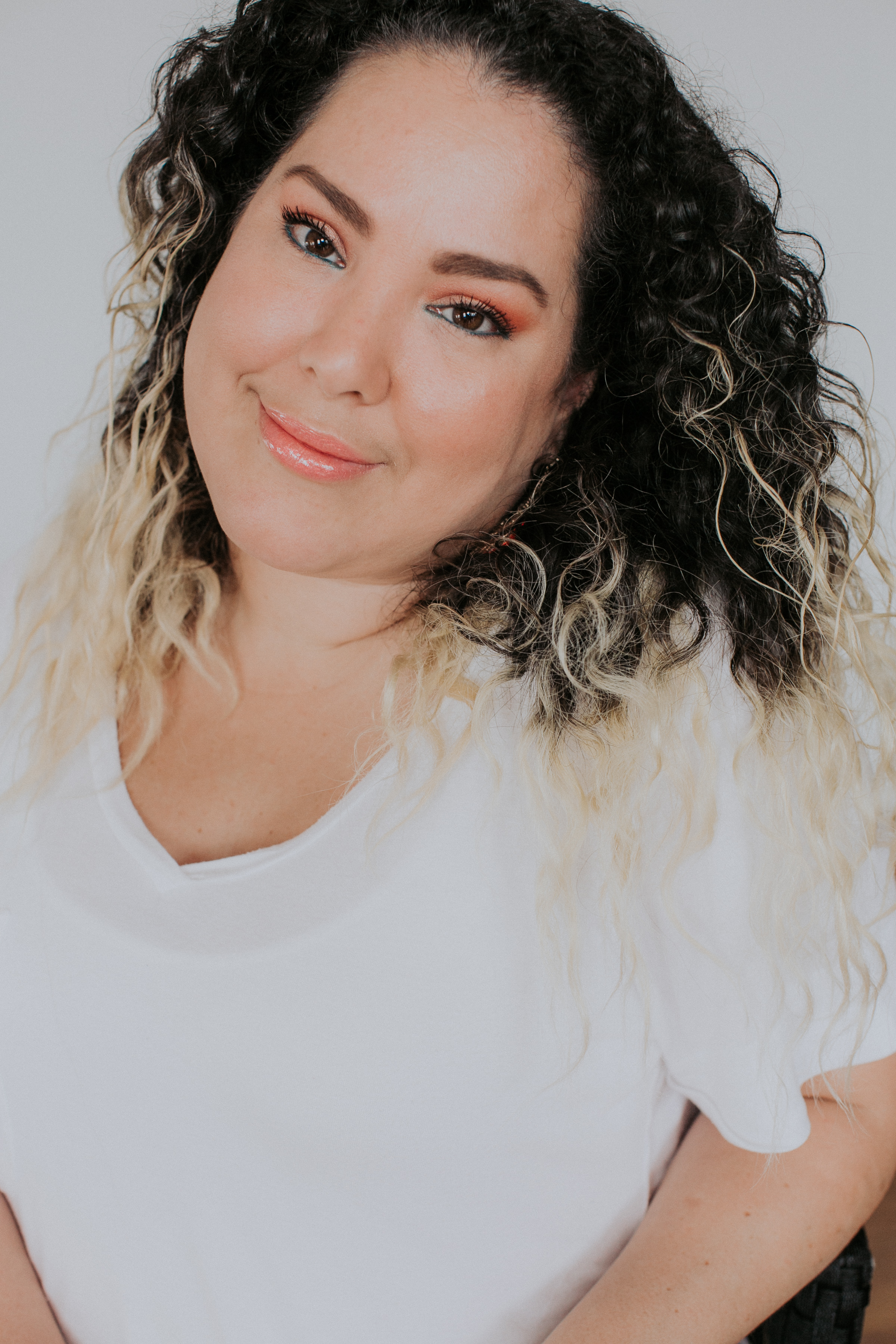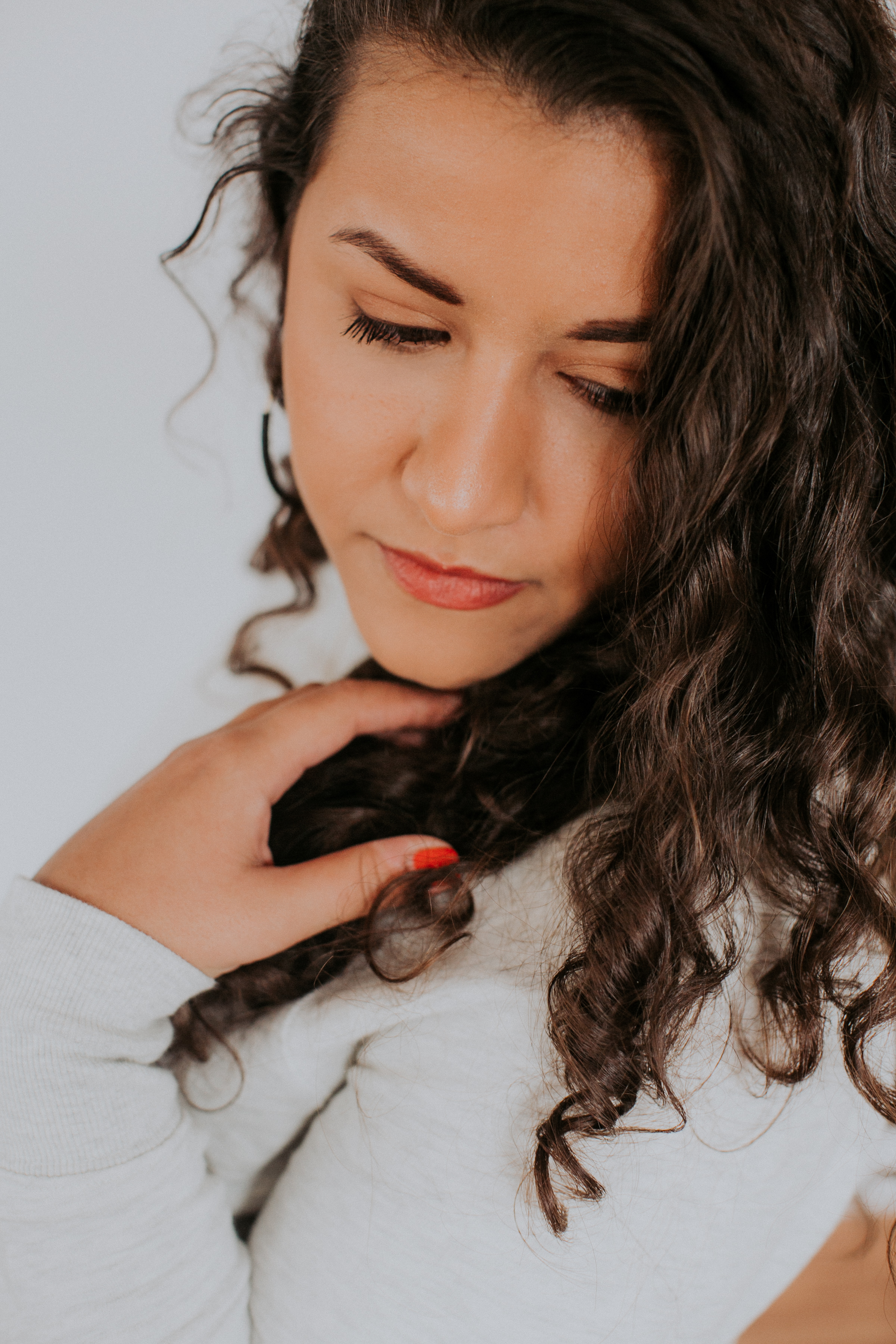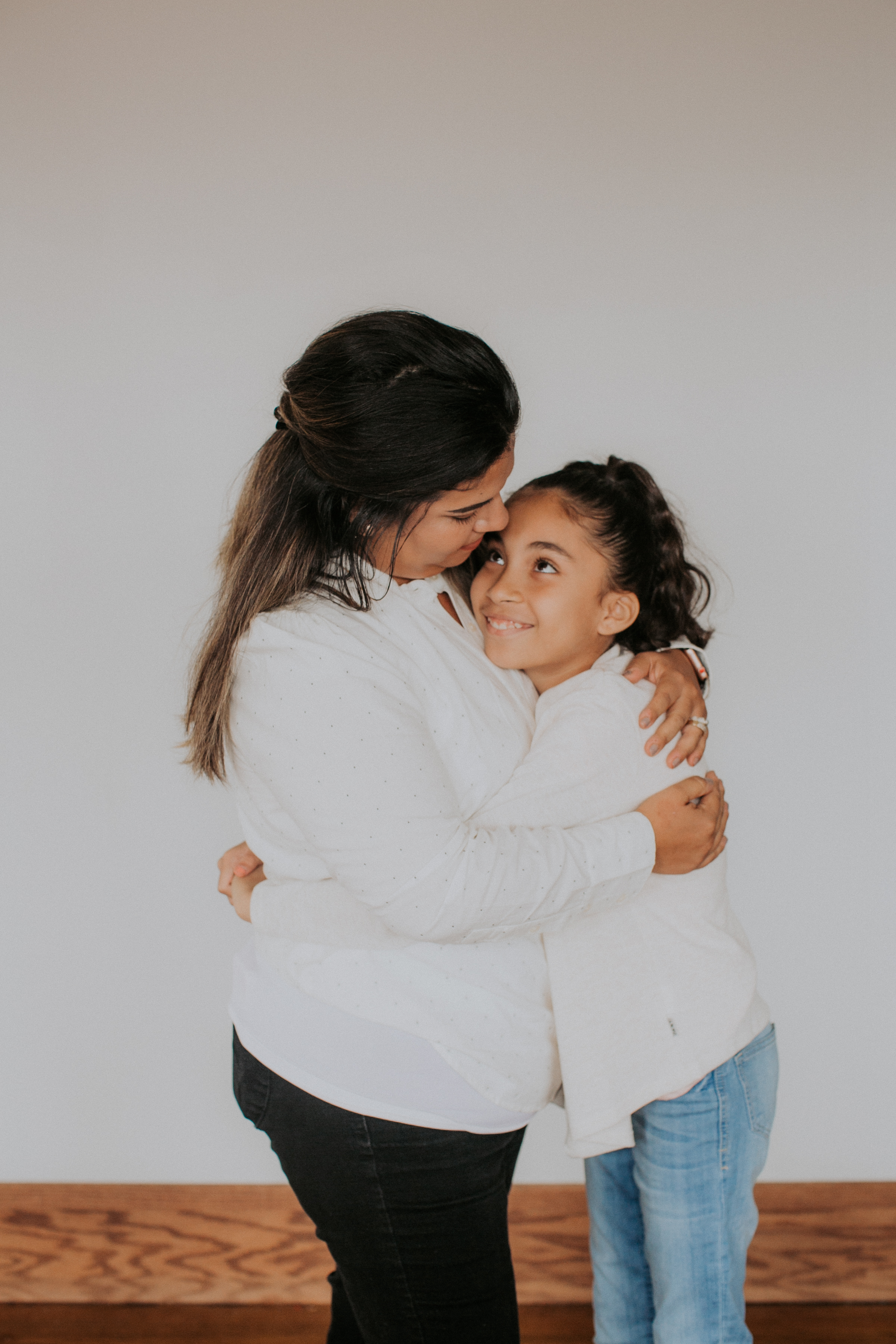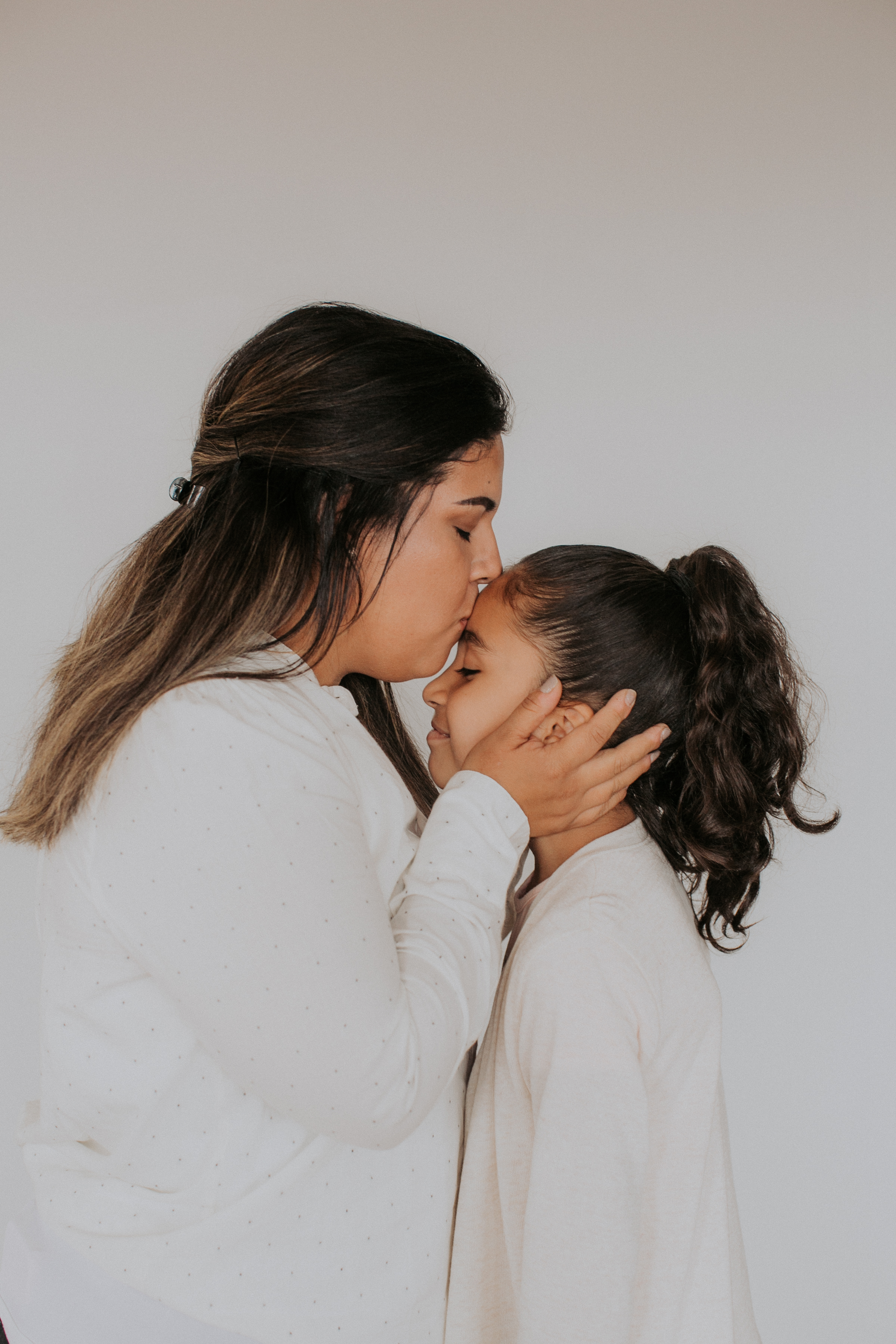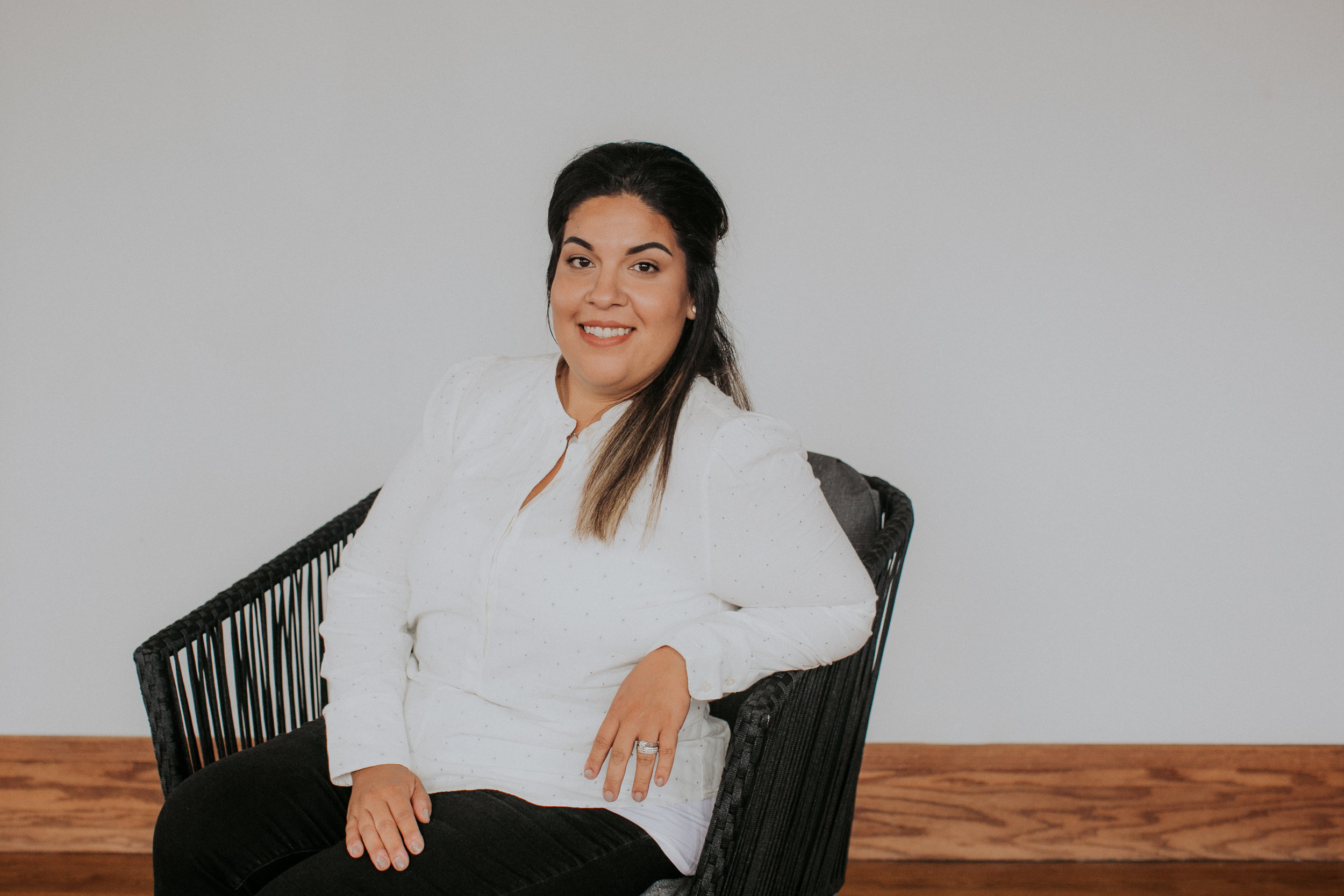What does being a Latina mean to you?:
For me Latinidad is many things as we are intersectional beings. Personally, it means being the daughter of Mexican immigrants who struggled in migrating to this country for a better life and opportunities for their children. It means having a set of values that center familia, community and self, and that these do not exist without each other. And all the things that enrich these values, that are an intricate part, like language, food, religion, spirituality, work, education, play, relationships, music, and art. But each of these is constantly being redefined with every new generation and experience.
Share a struggle you have faced being a Latina.:
I am a Latina who might be seen as one who has defied the obstacles against her, because in one generation as the daughter of Mexican immigrants, has obtained the highest degree possible in Academia. I hold a Doctorate in Hispanic Literature and am an Associate professor of Spanish at a small college outside of Chicago. However, even with this evidence of success, I have been devalued, dismissed and treated as incompetent at times and not perceived as an equal leader to my middle-class White colleagues. I have also arrived at this level through great systemic challenges that caused me to internalize this perception and second-guess myself on my way here and be stigmatized by an imposter syndrome.
Share something you love about being a Latina?:
I love some of the central values that define us: familia, love & community. I love our syncretic and hybrid identities that make us richly complex and even contradictory.
What do you identify as?: Latinx (Mexican-American)
Where you born in the states?: U.S. born, but from a mixed status family
How have you been able to celebrate and honor your american nationality, while embracing your heritage and culture?:
Yes, but I have had to shoulder through and negotiate those throughout the way. In some times and spaces, I've had to fight for those rights and to be seen as both American and Mexican, or simply American.
Do you speak spanish?:
Yes, fluently.
Have you experienced colorism, or not being fully accepted by your community?
Yes, I am a light-skinned Latina and am fully aware of my privilege in the U.S. I jokingly and poignantly say that I am a "safe" Latina. I am also married to a white man and we have two children. My girls are very different. One has brown hair and big brown eyes like me, and shares the characteristics of light-skinned Latinas. My other daughter has platinum blonde hair and blue eyes like my husband. I am often asked if she is mine, if I am her nanny and most times, those questions have come from “mi propia gente", other Latinos. So yes, colorism runs deep in Mexican and Latino culture. In fact, because of this, I was motivated to offer a course titled Afro-Latinidad to continue diversifying the Spanish curriculum at my institution and also providing courses in which a variety of my students can see themselves reflected in and to begin to have them think and complicate these values and cultural expectations.


